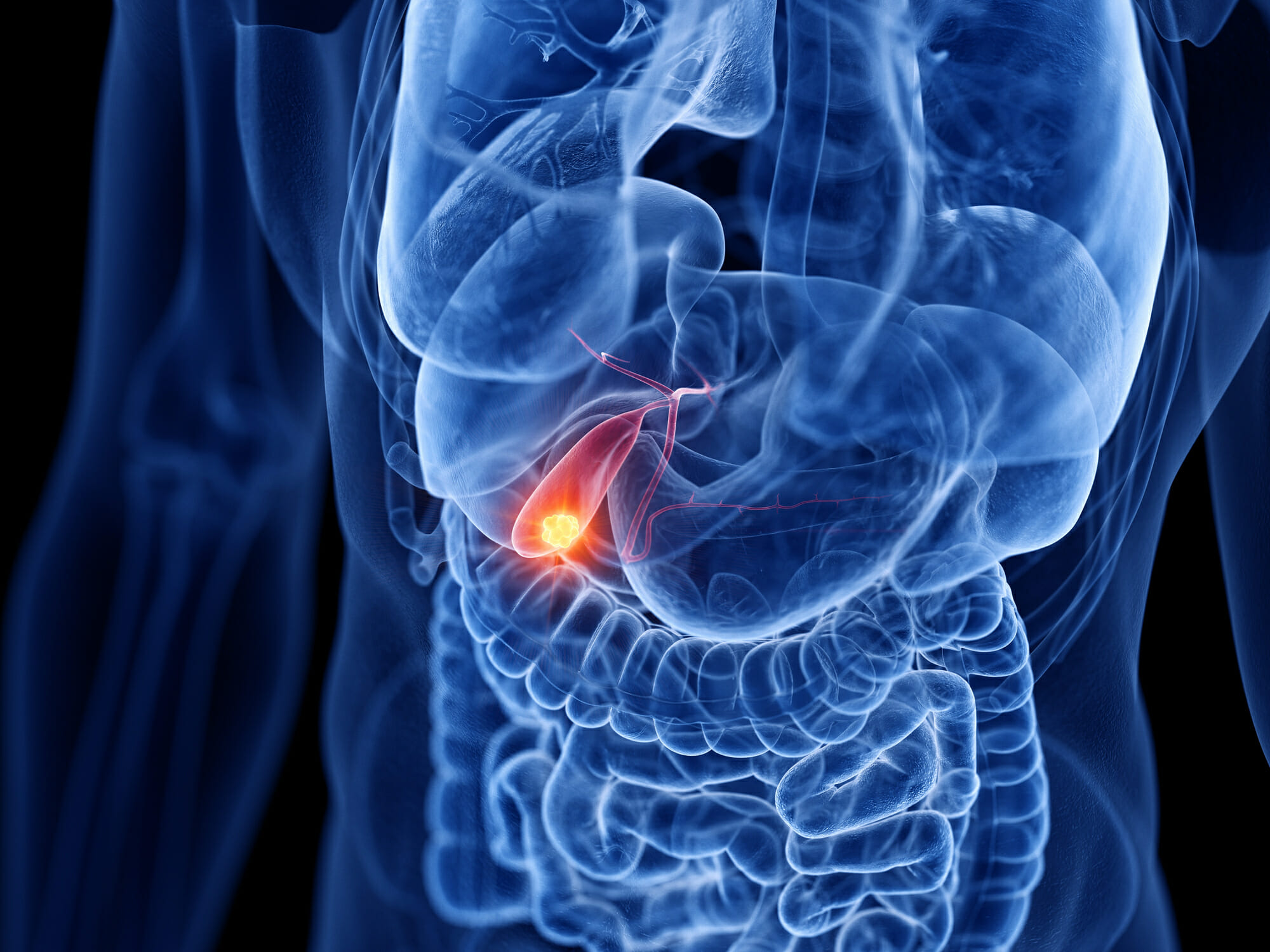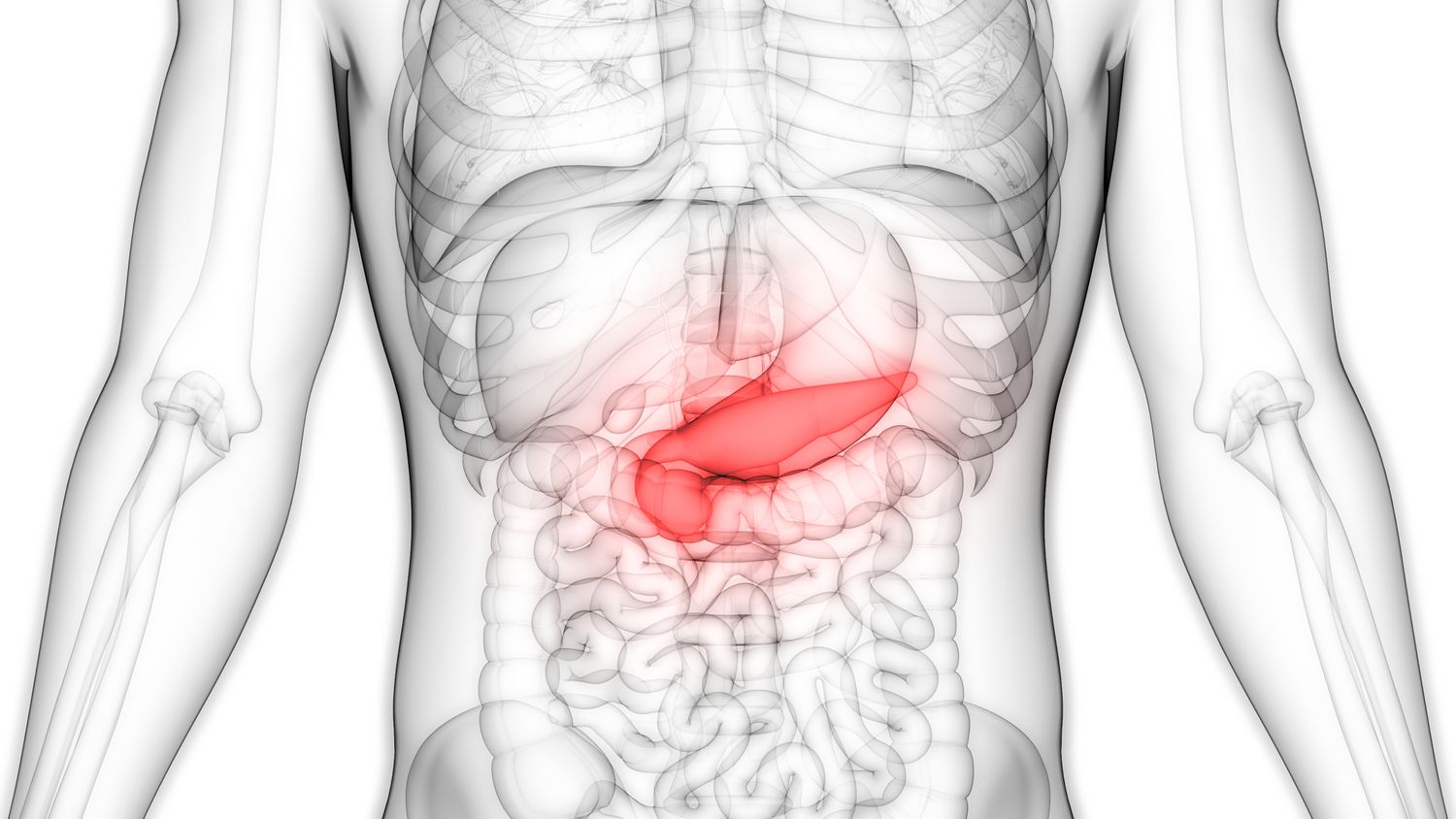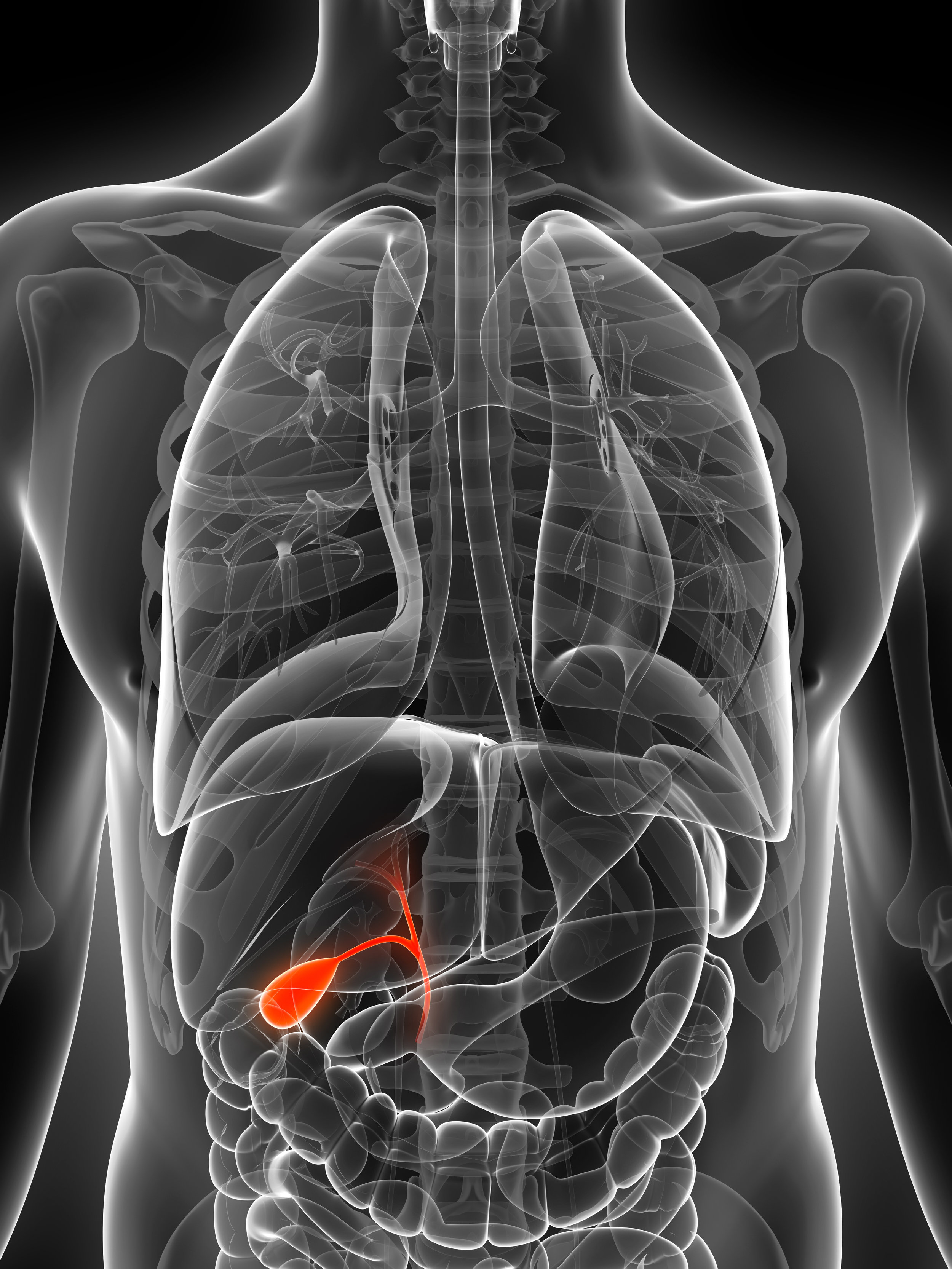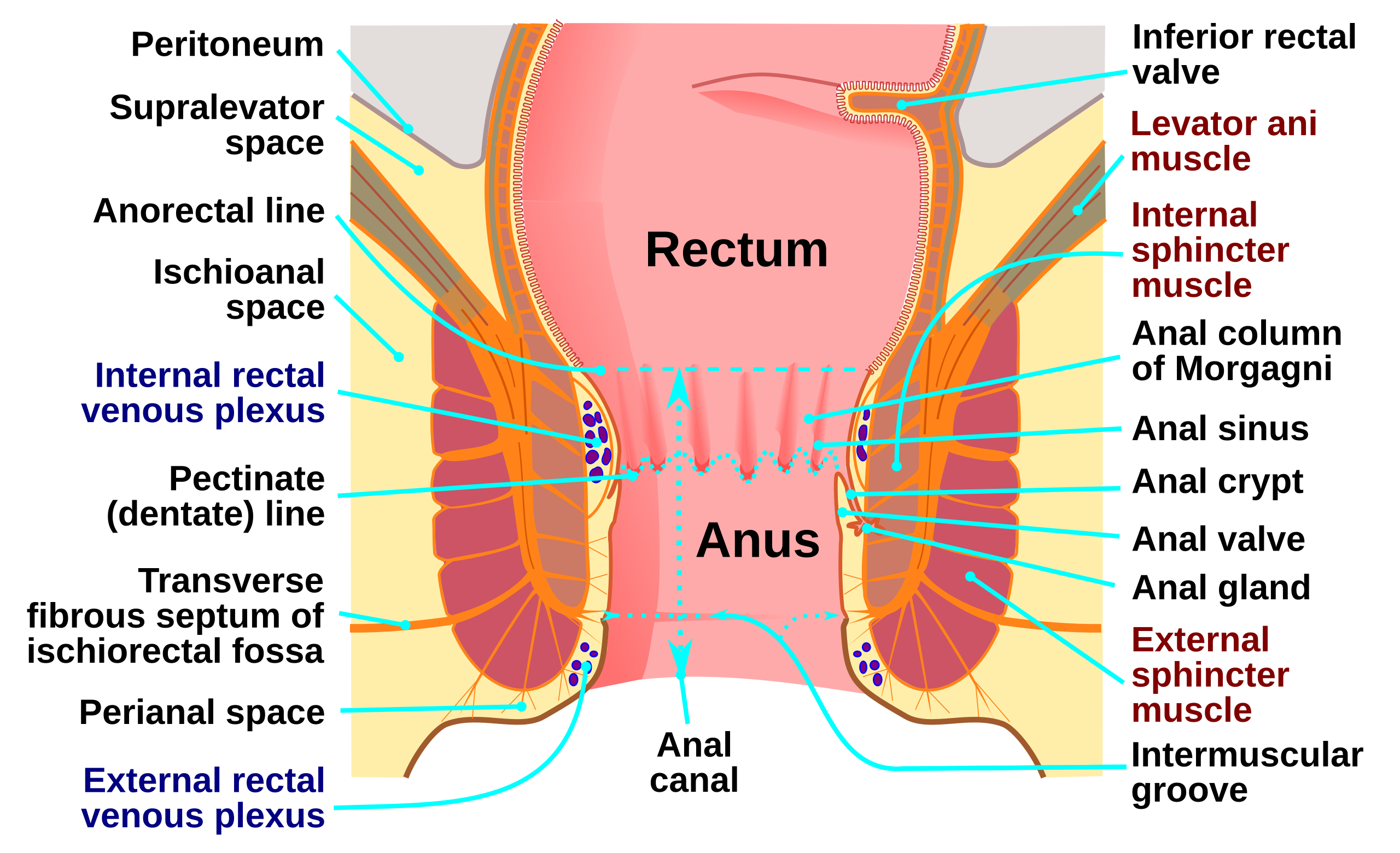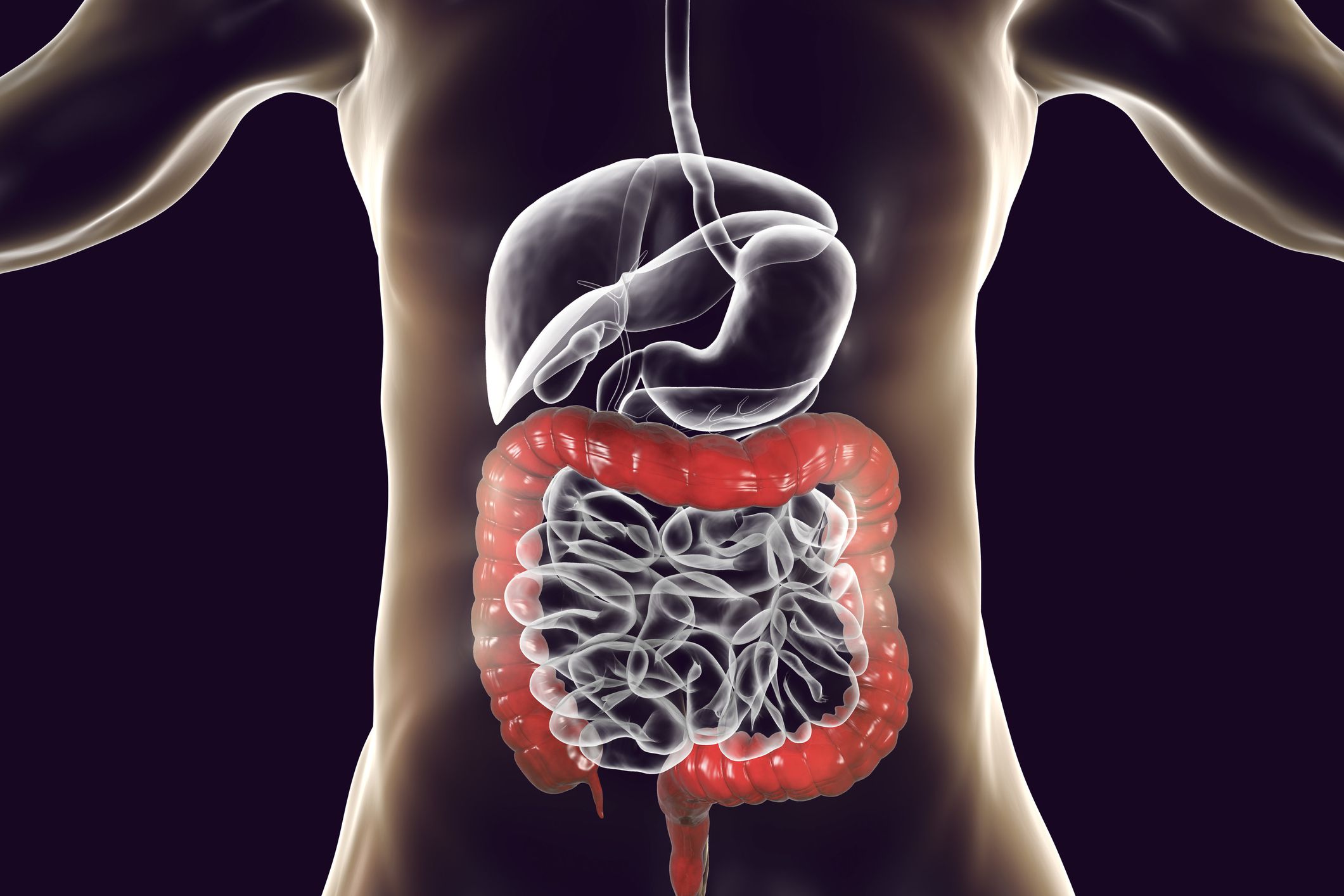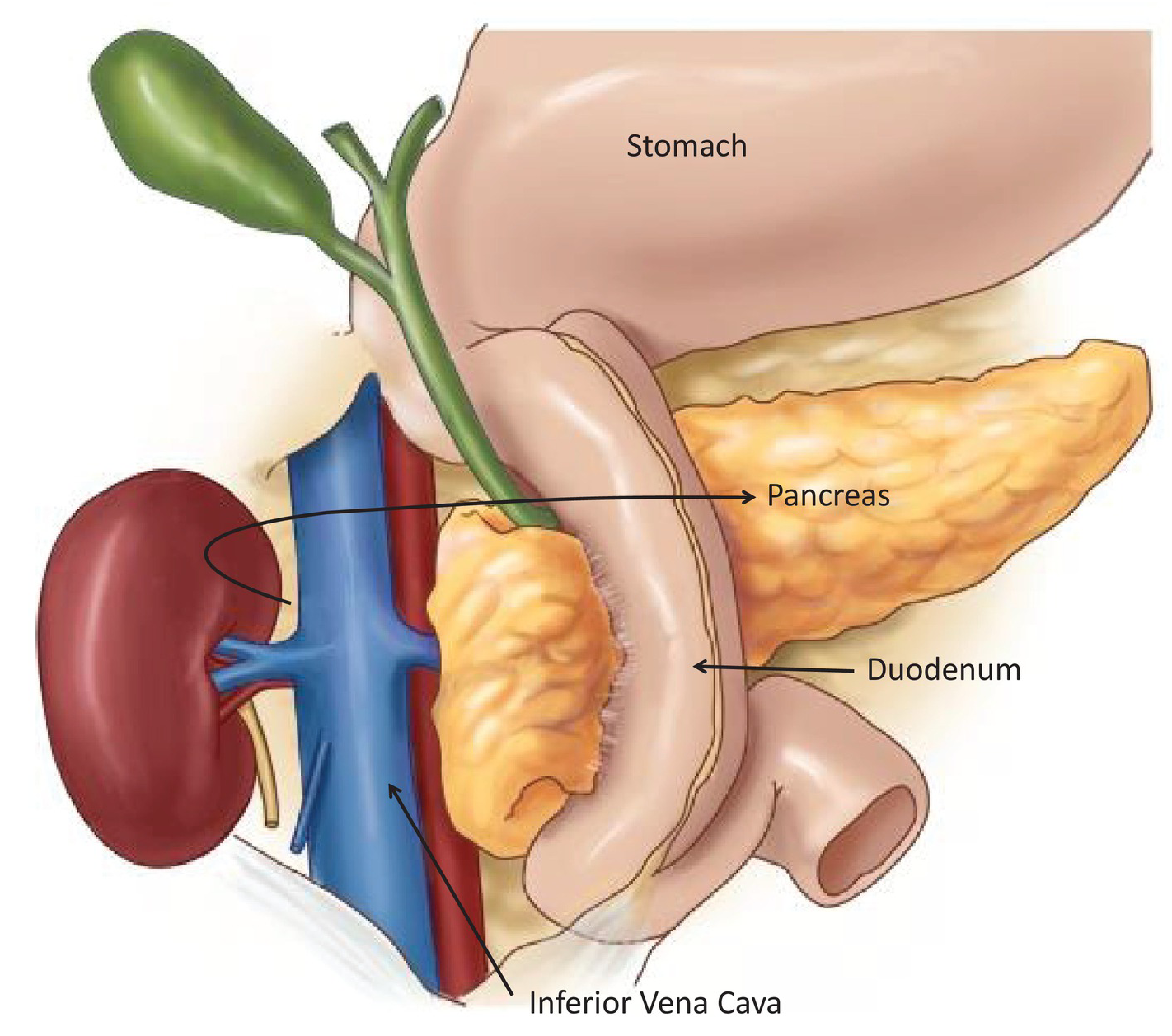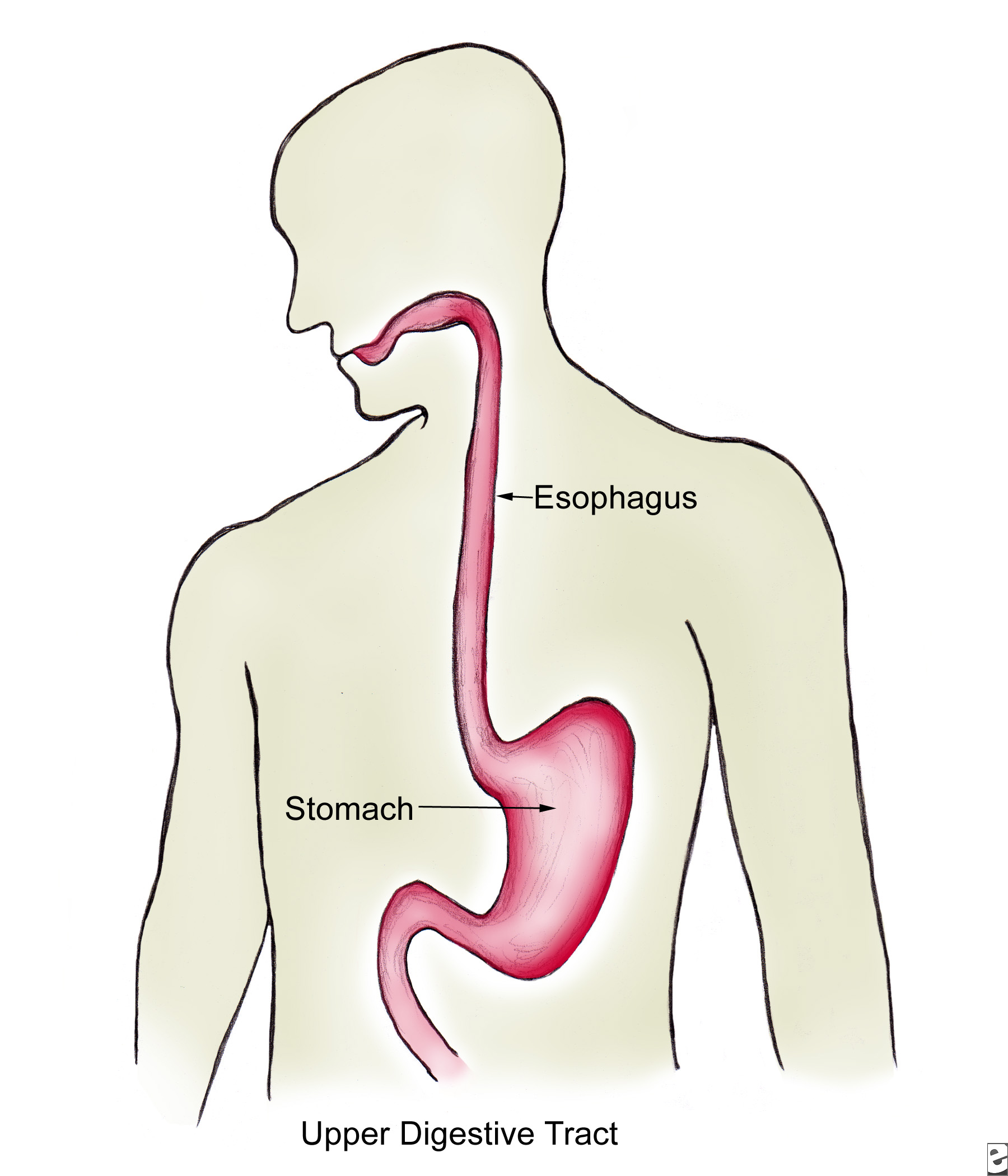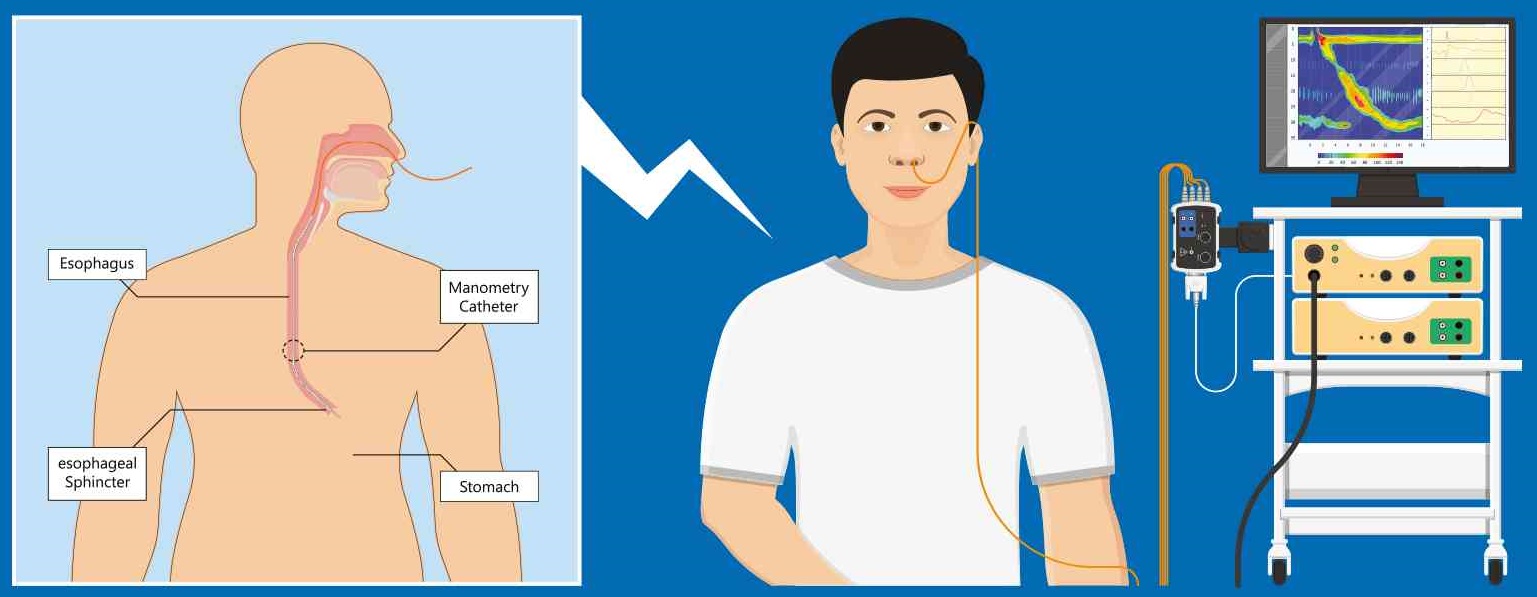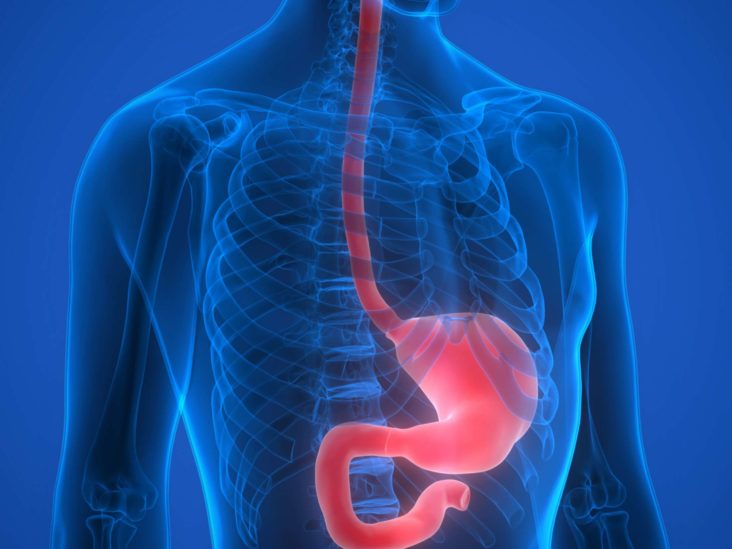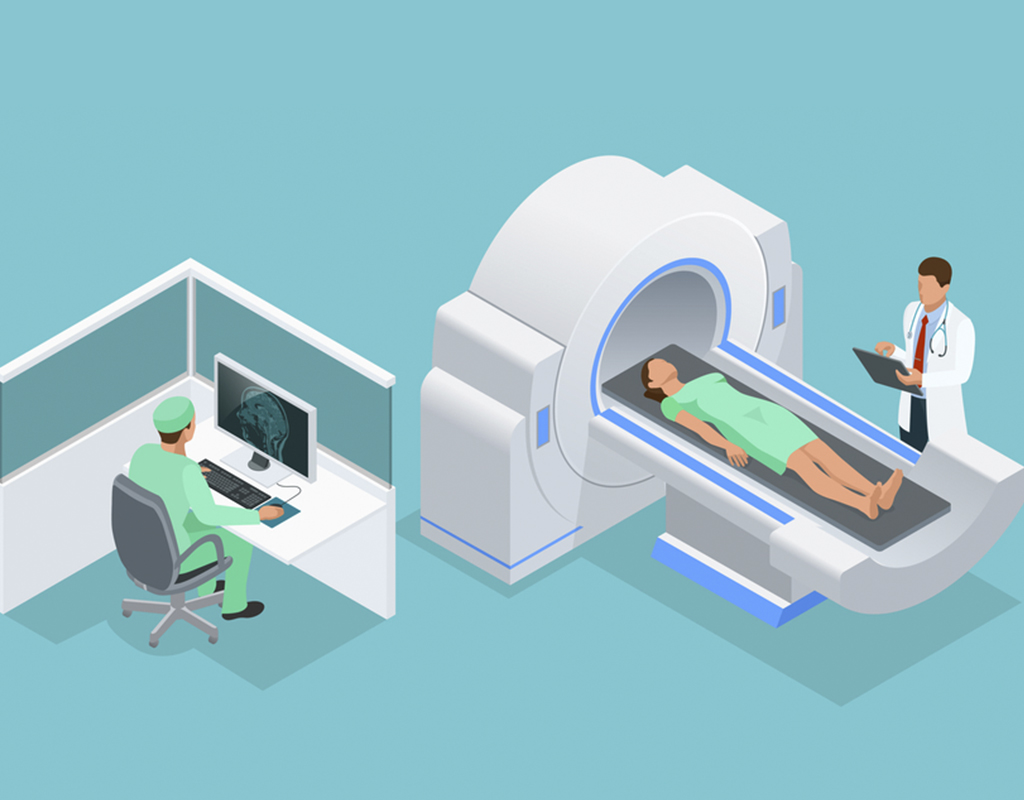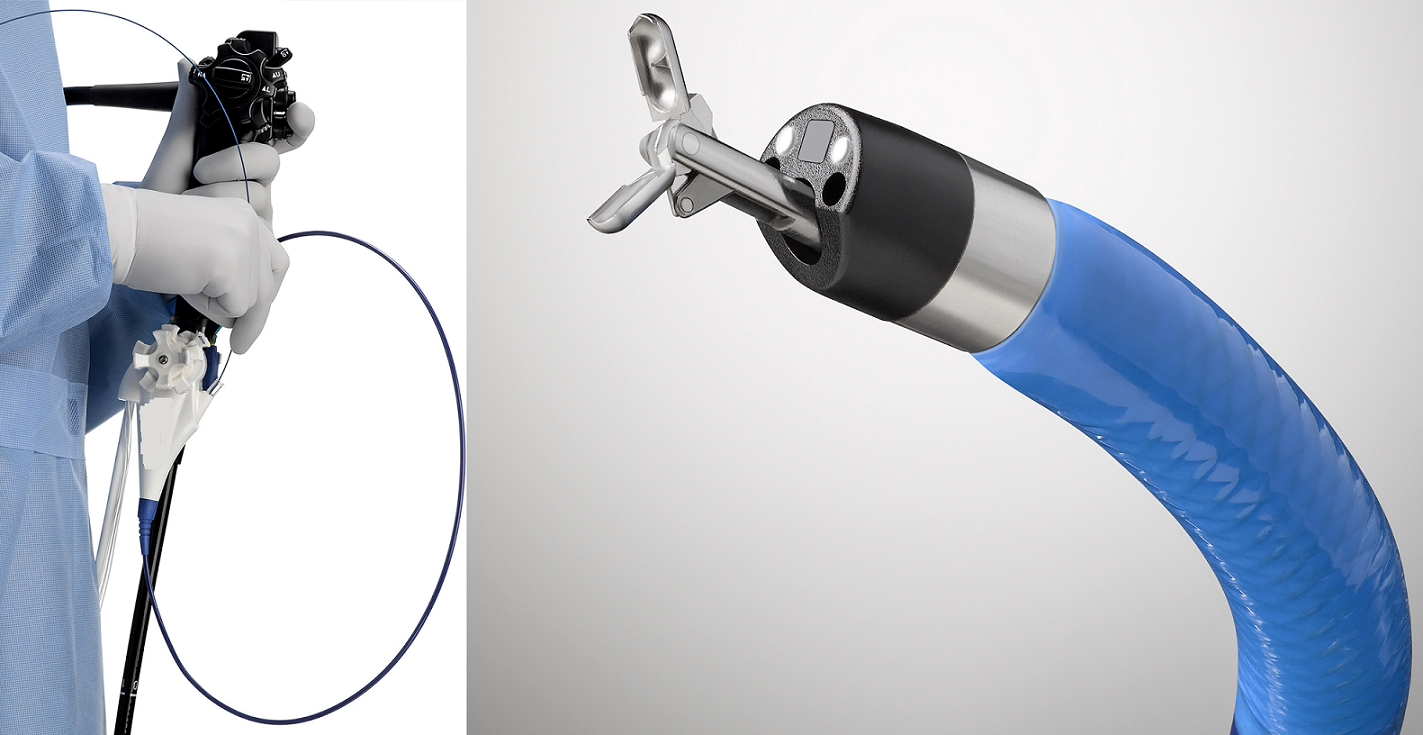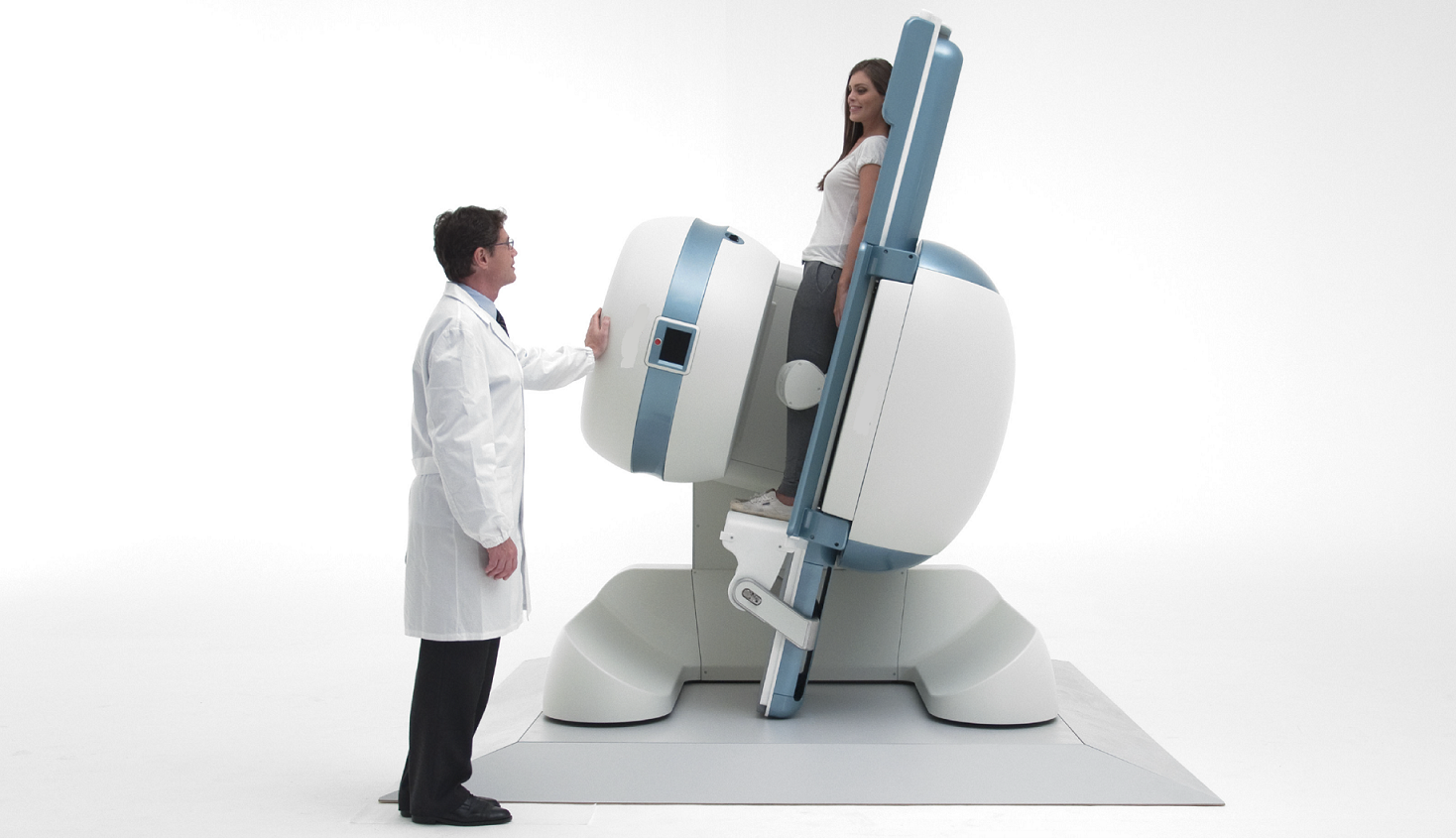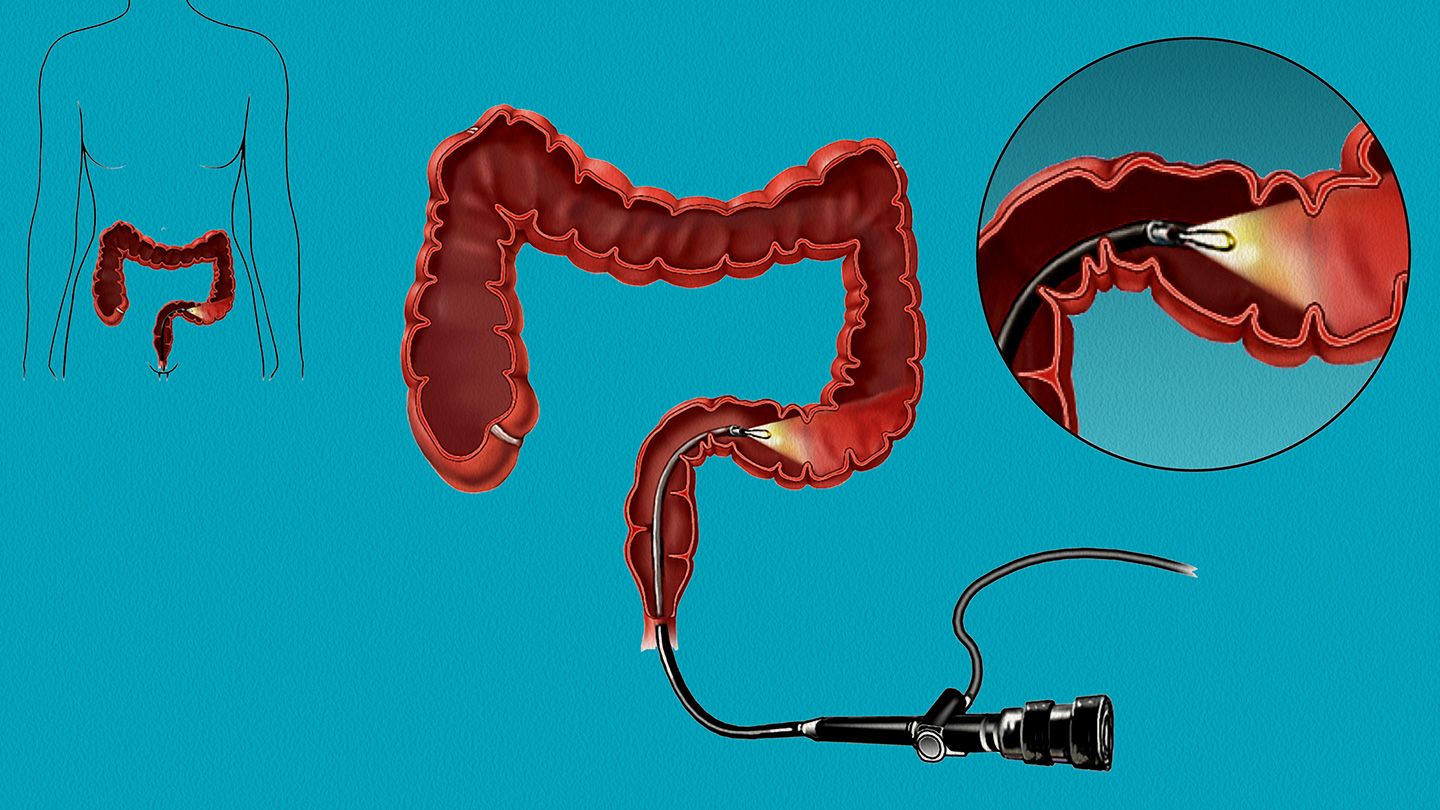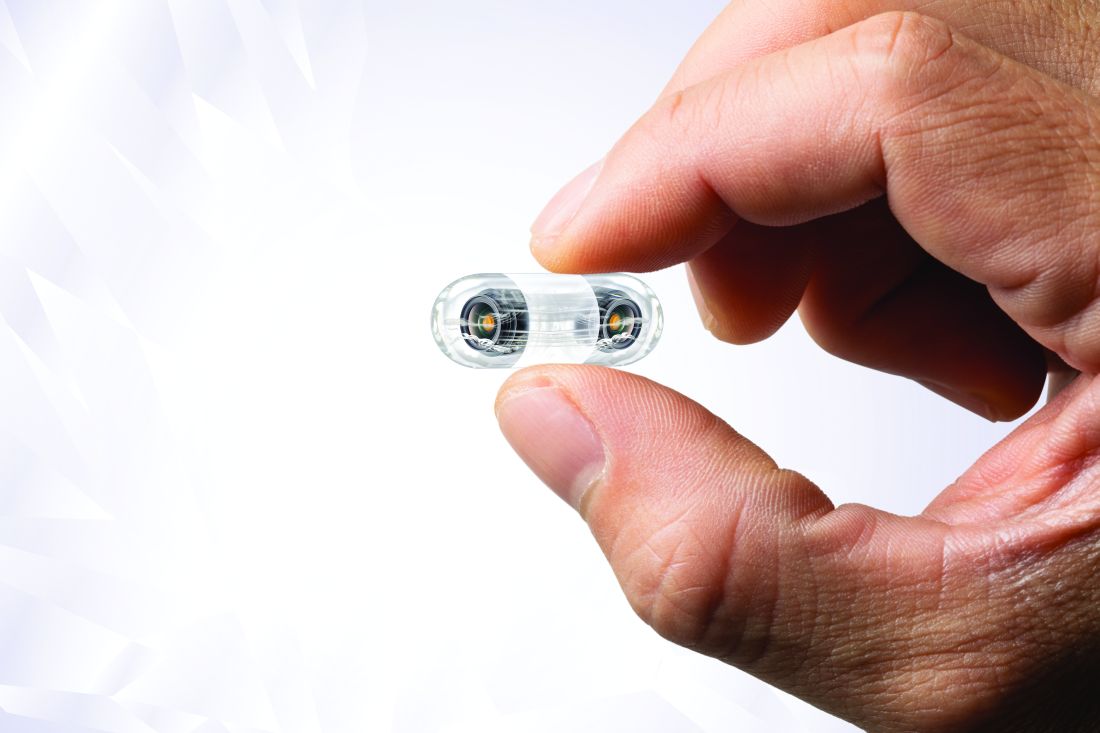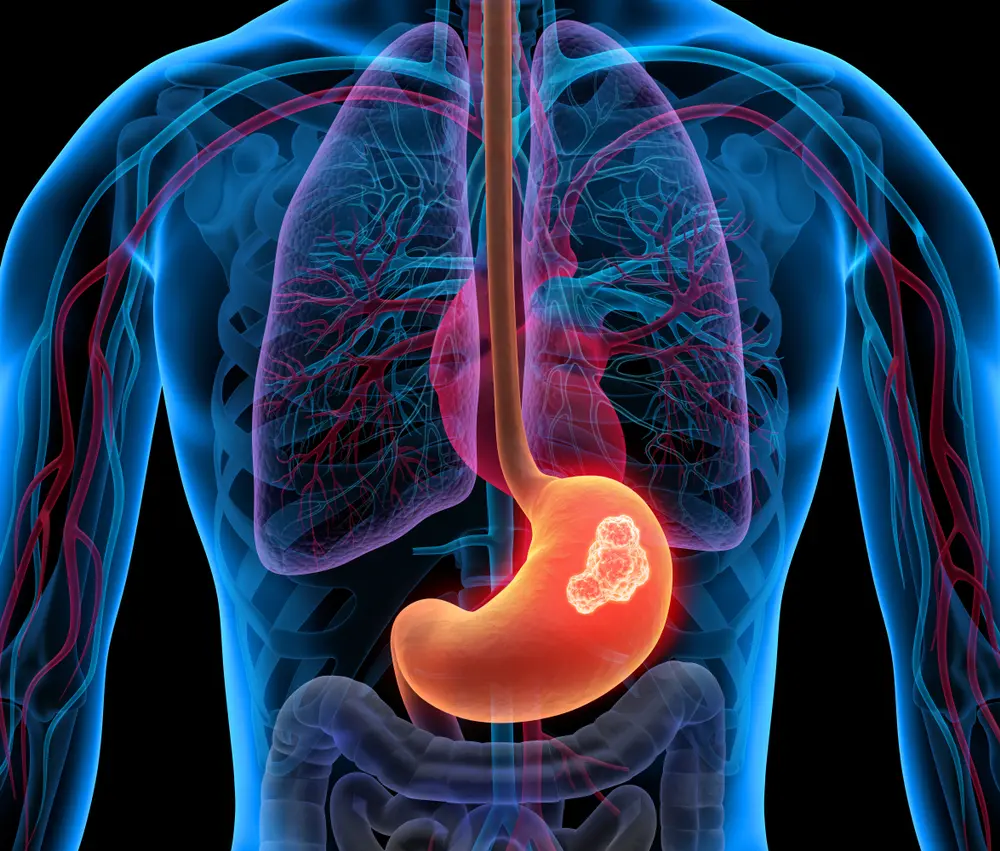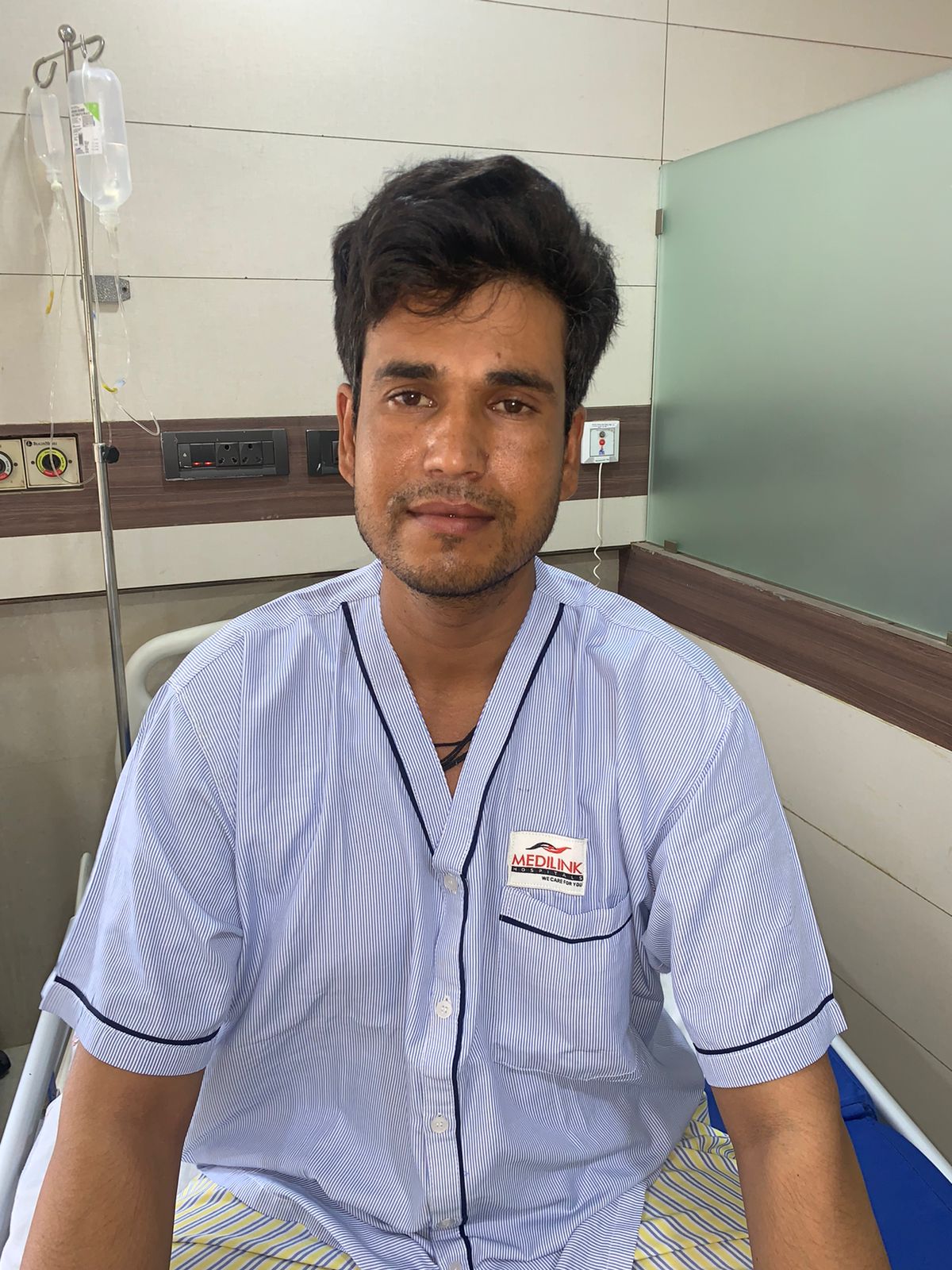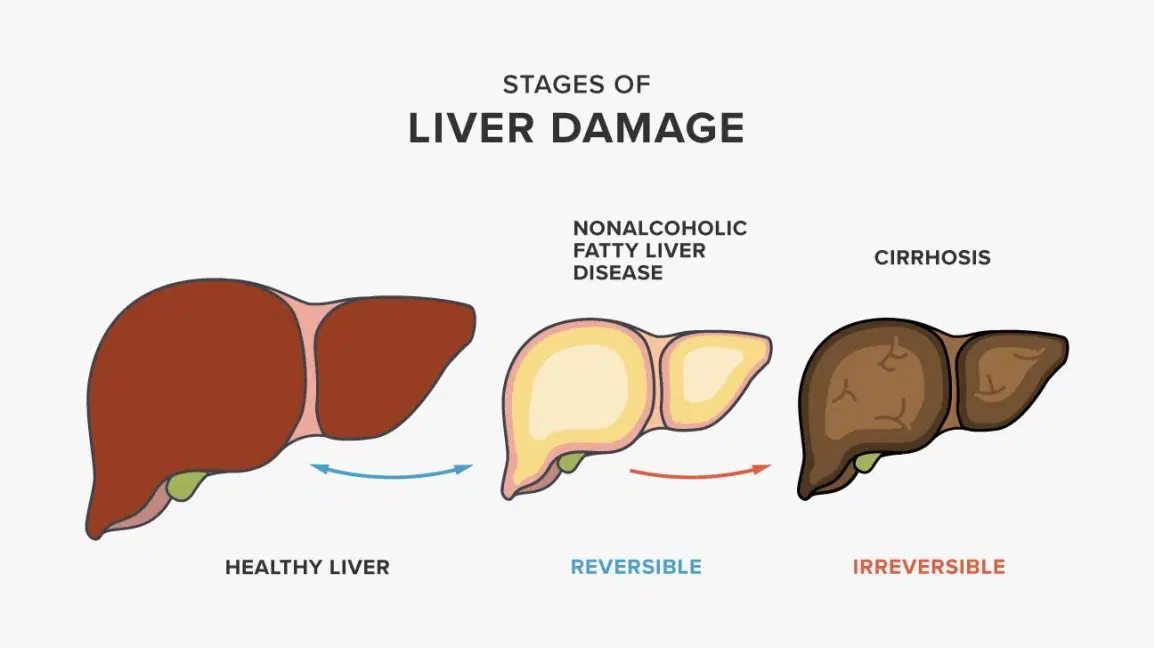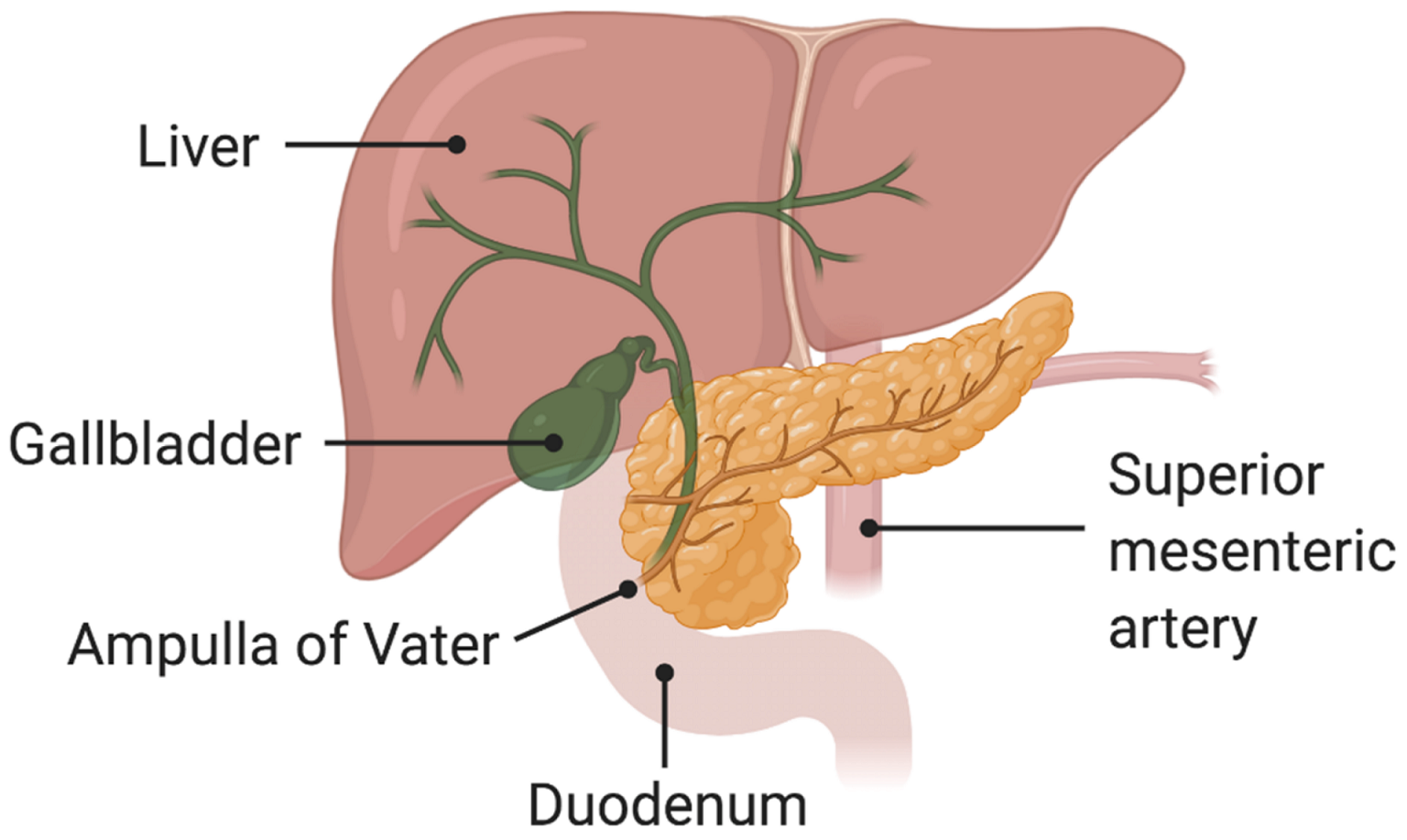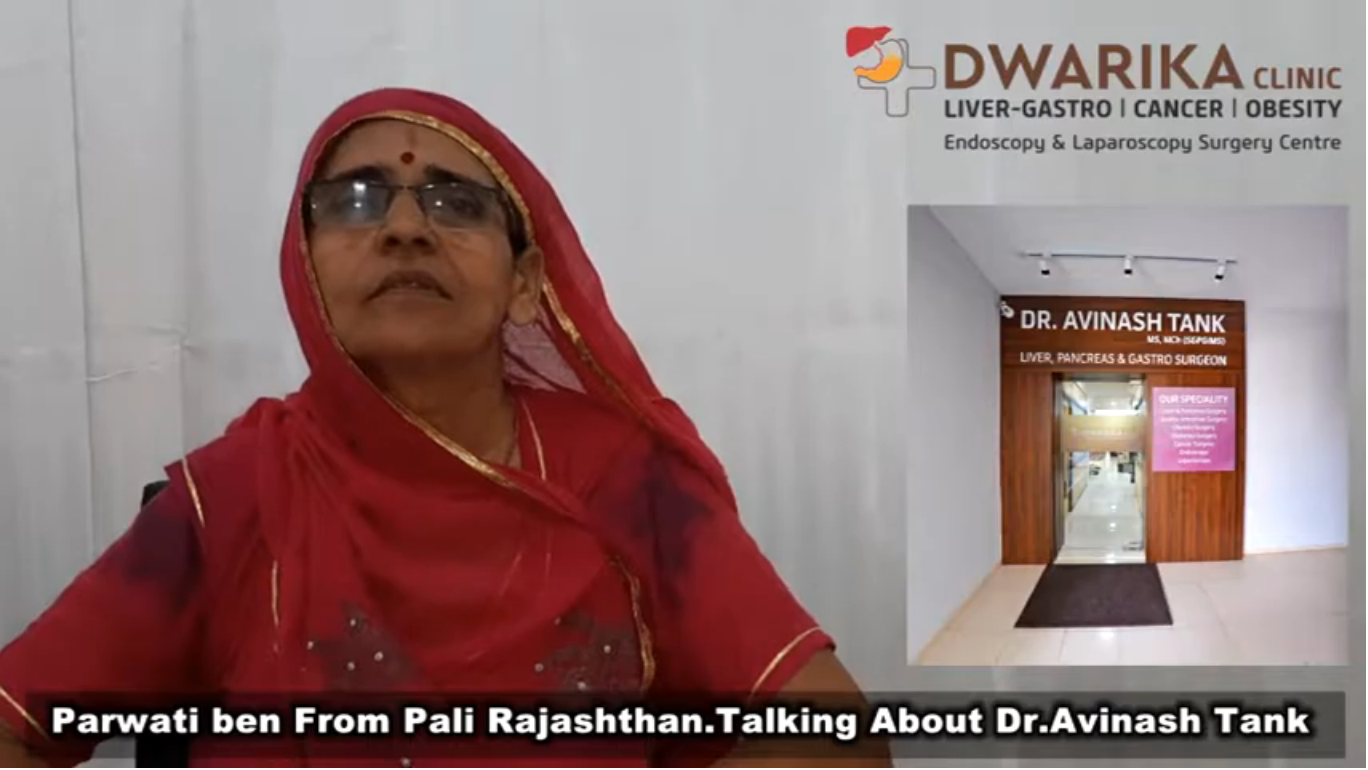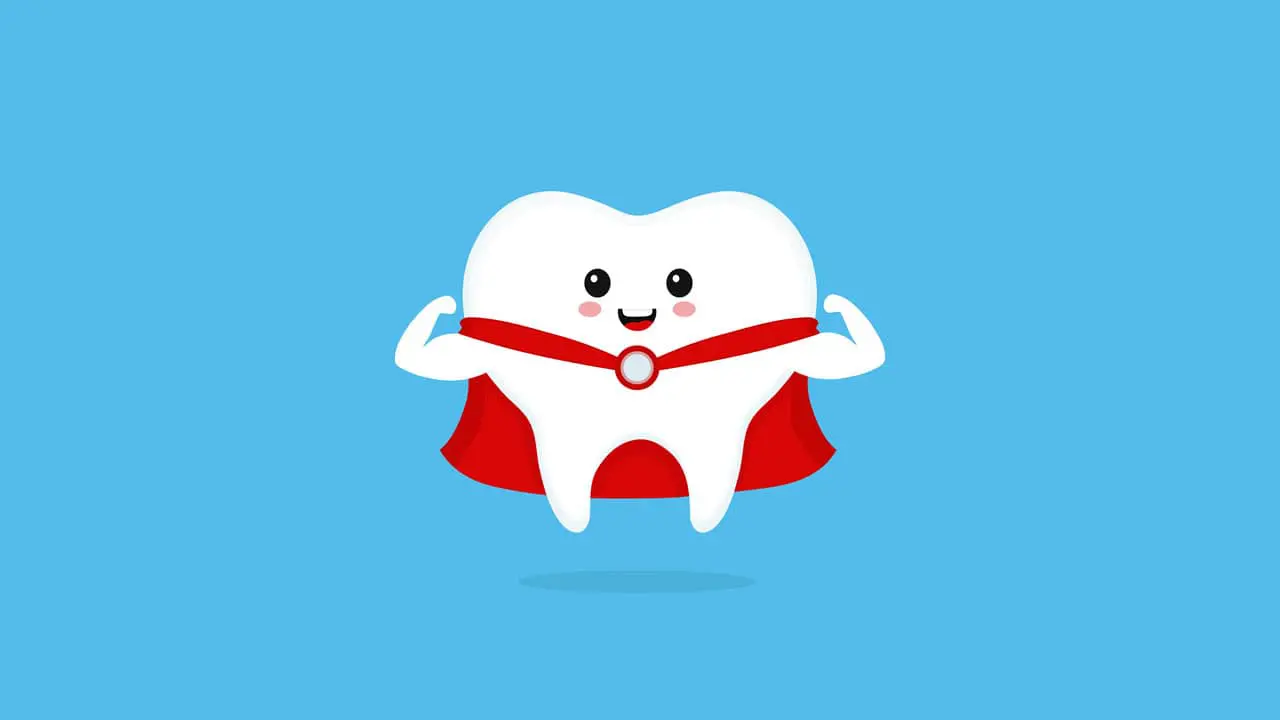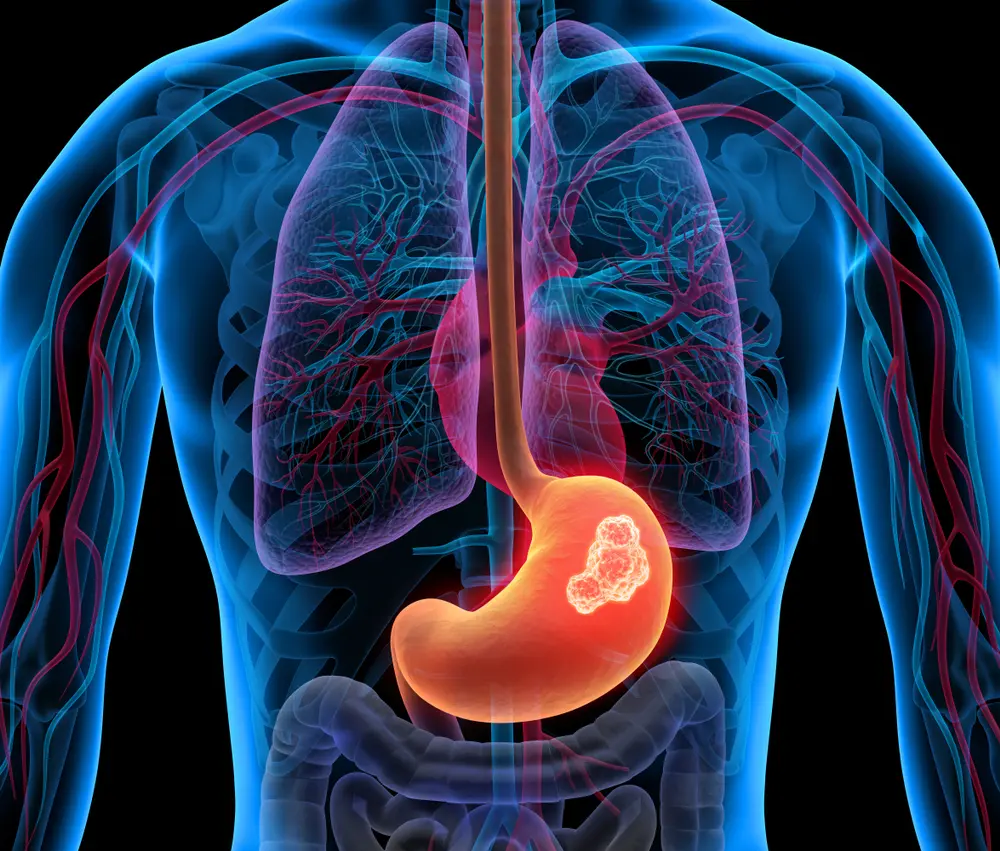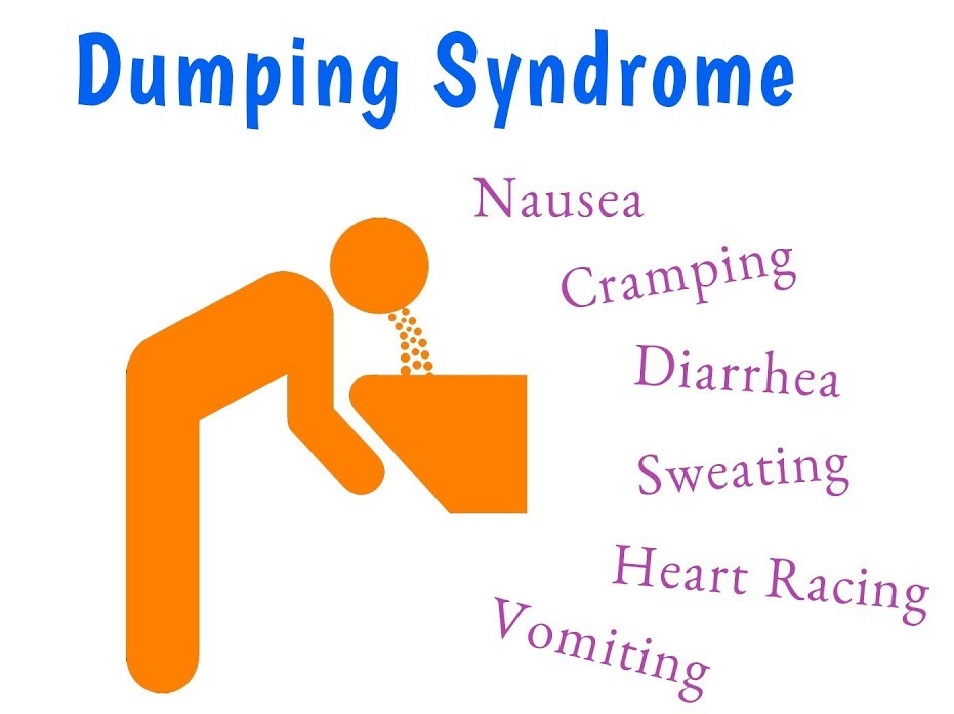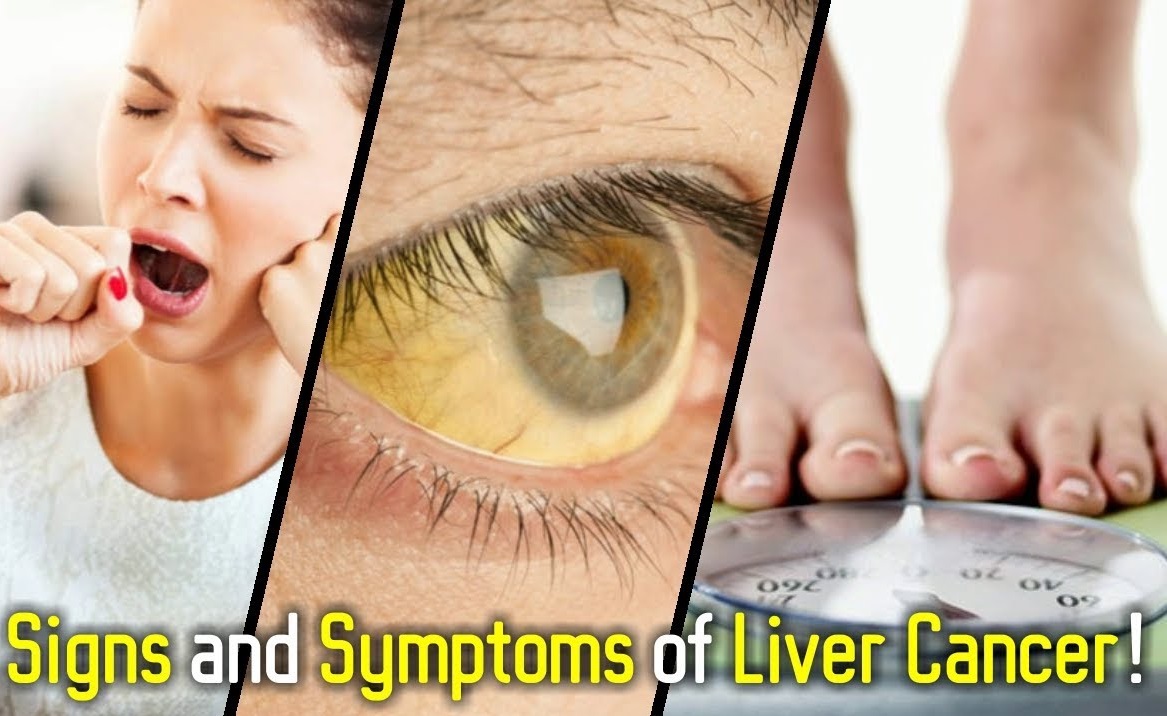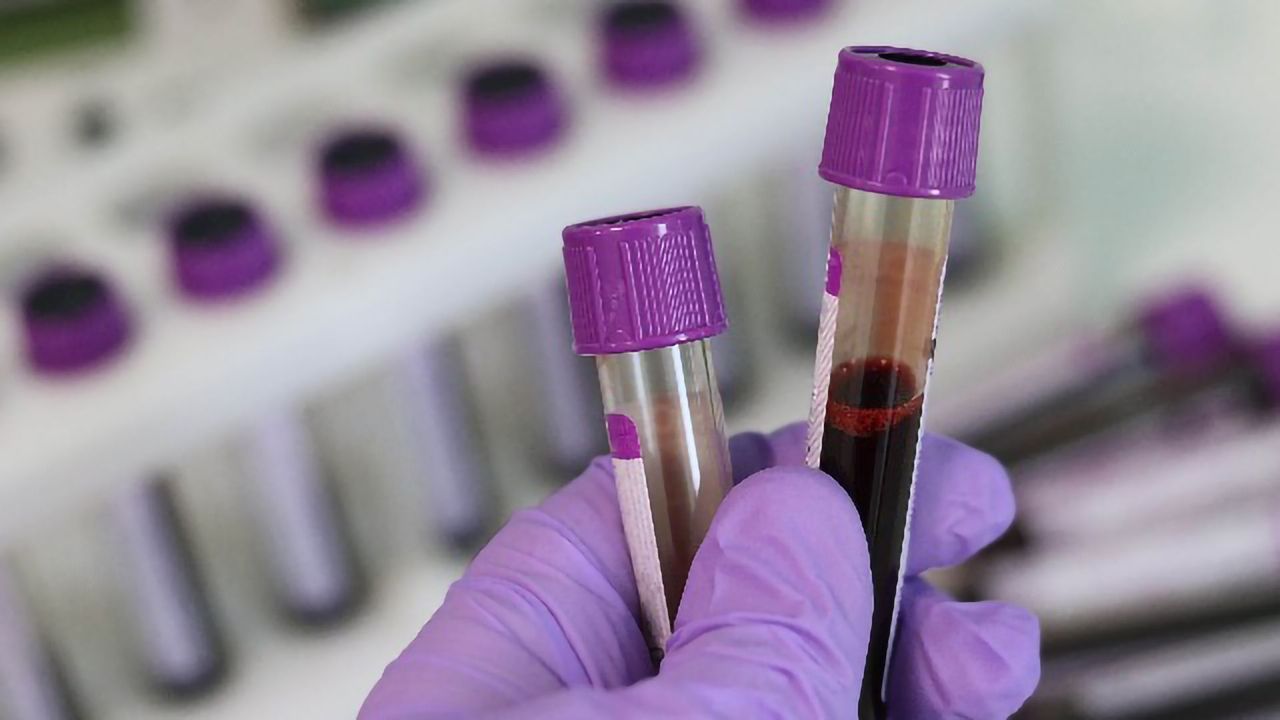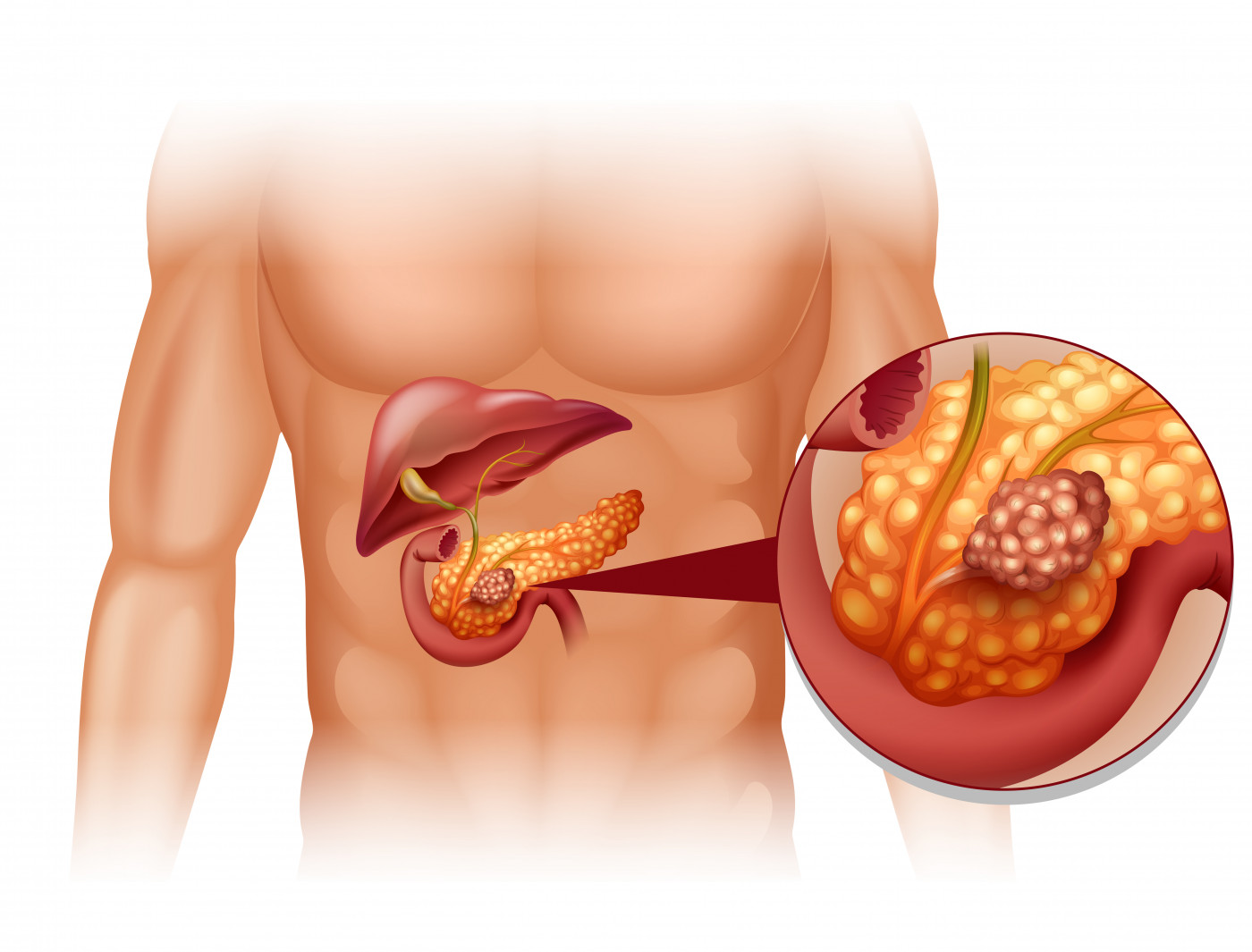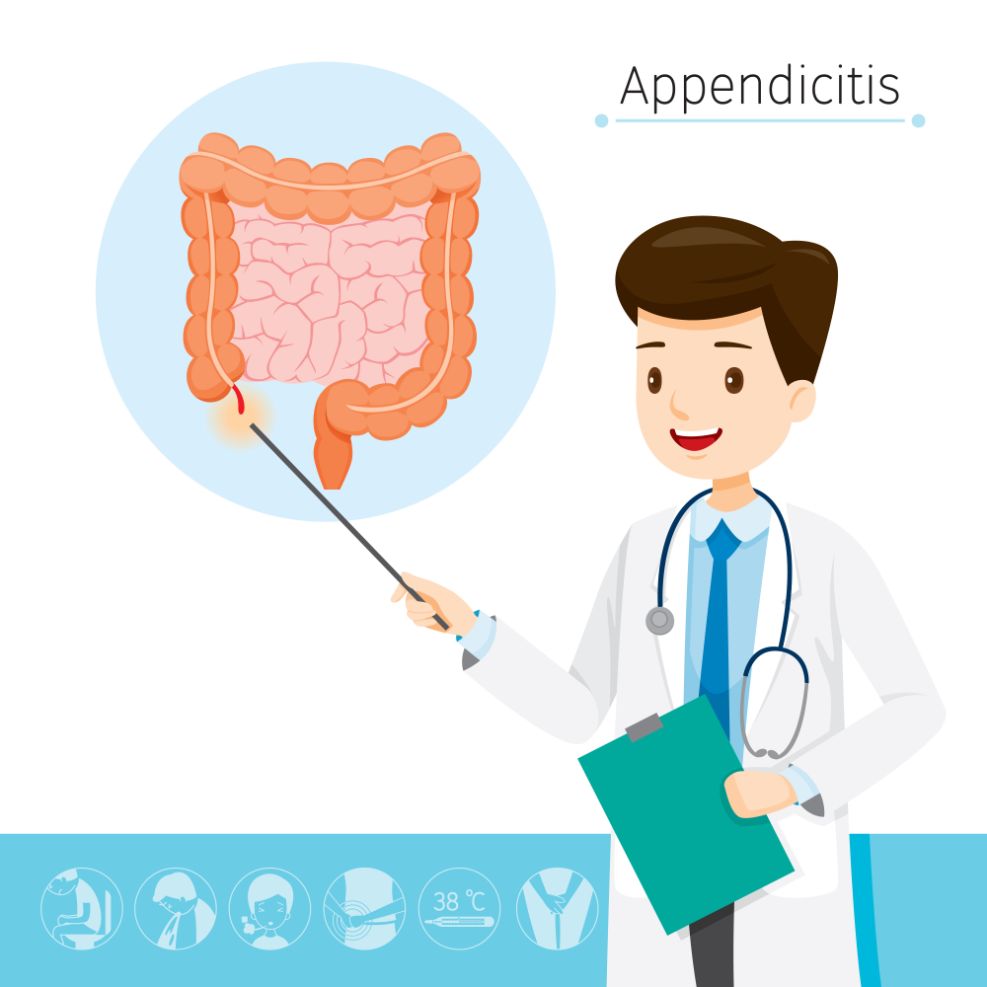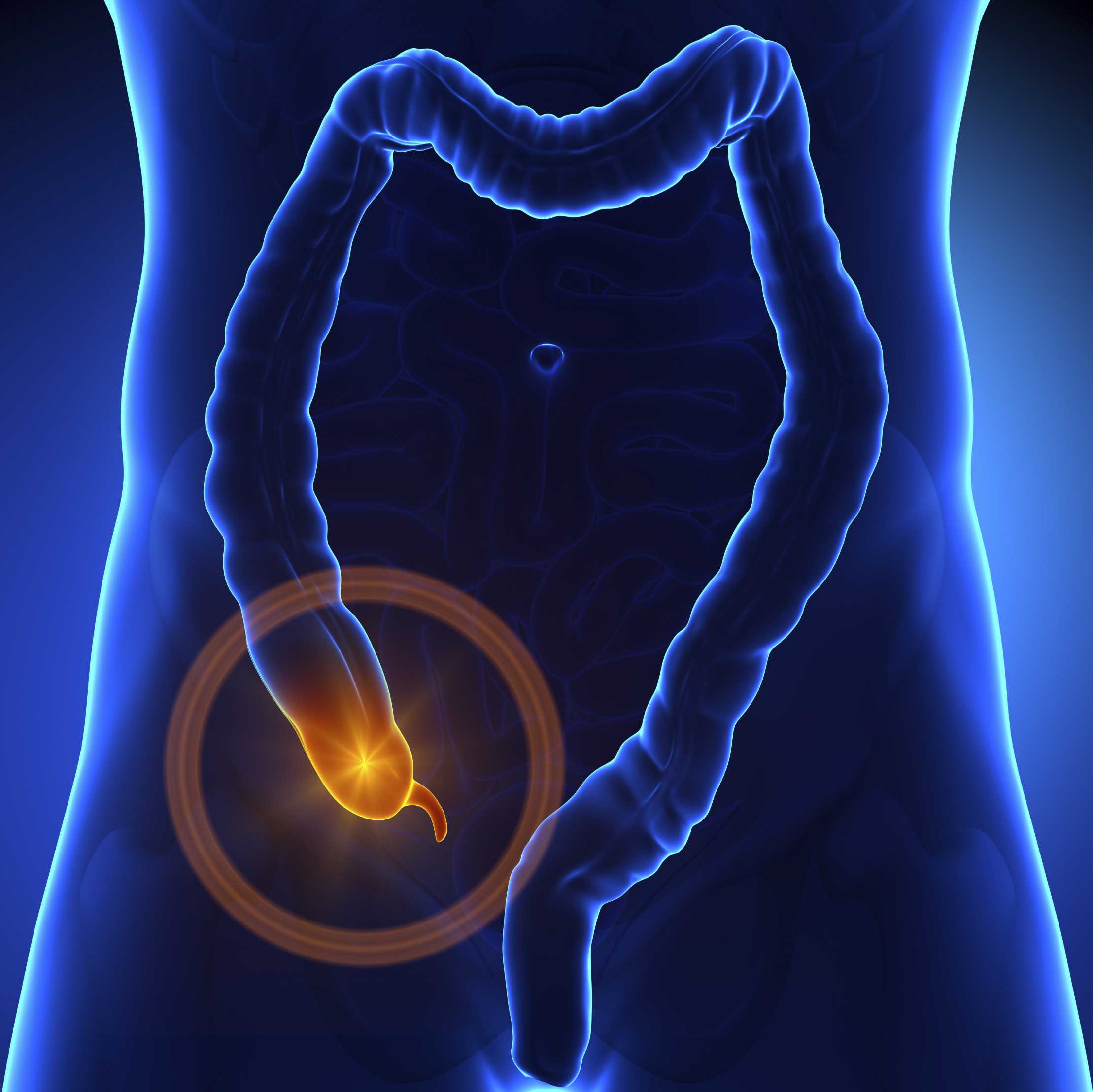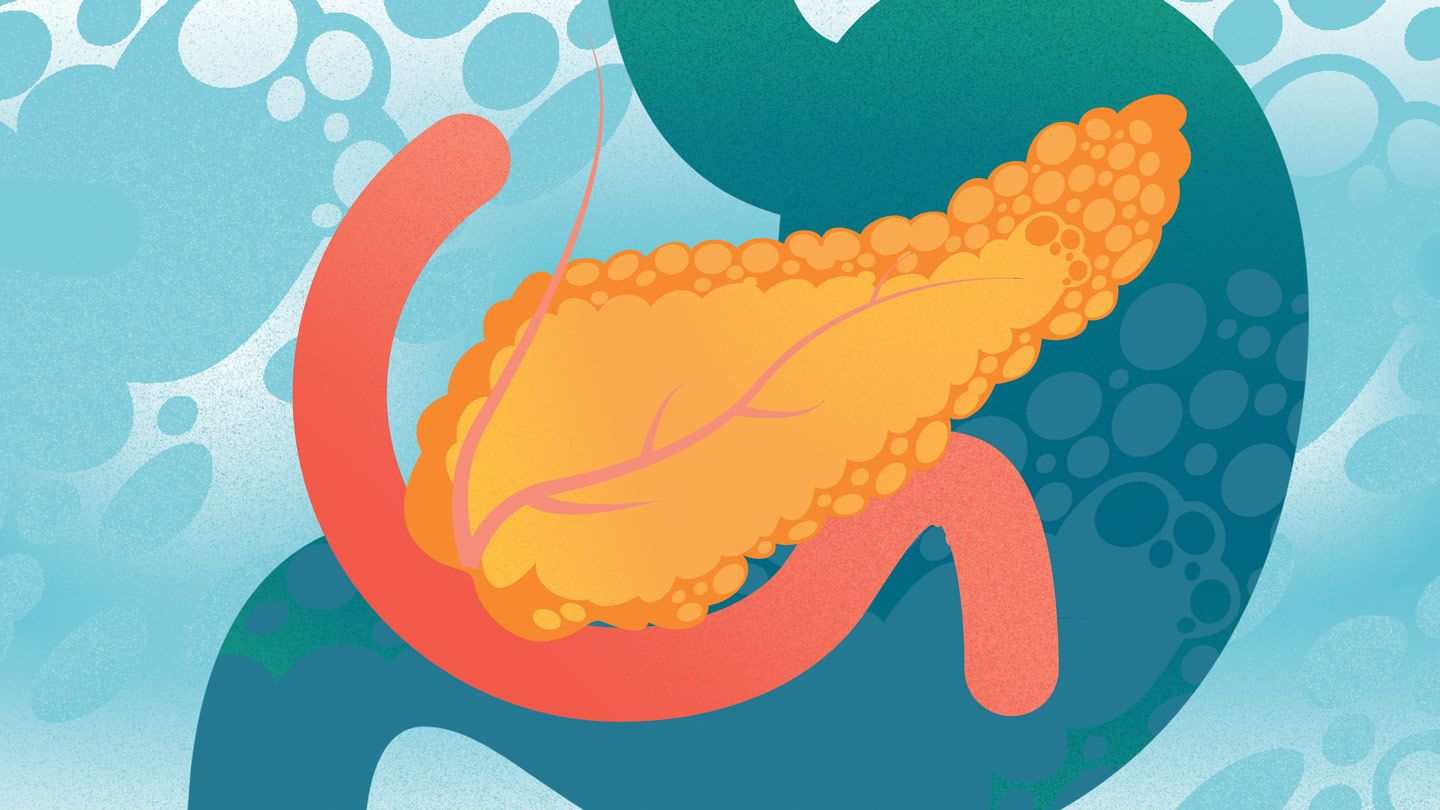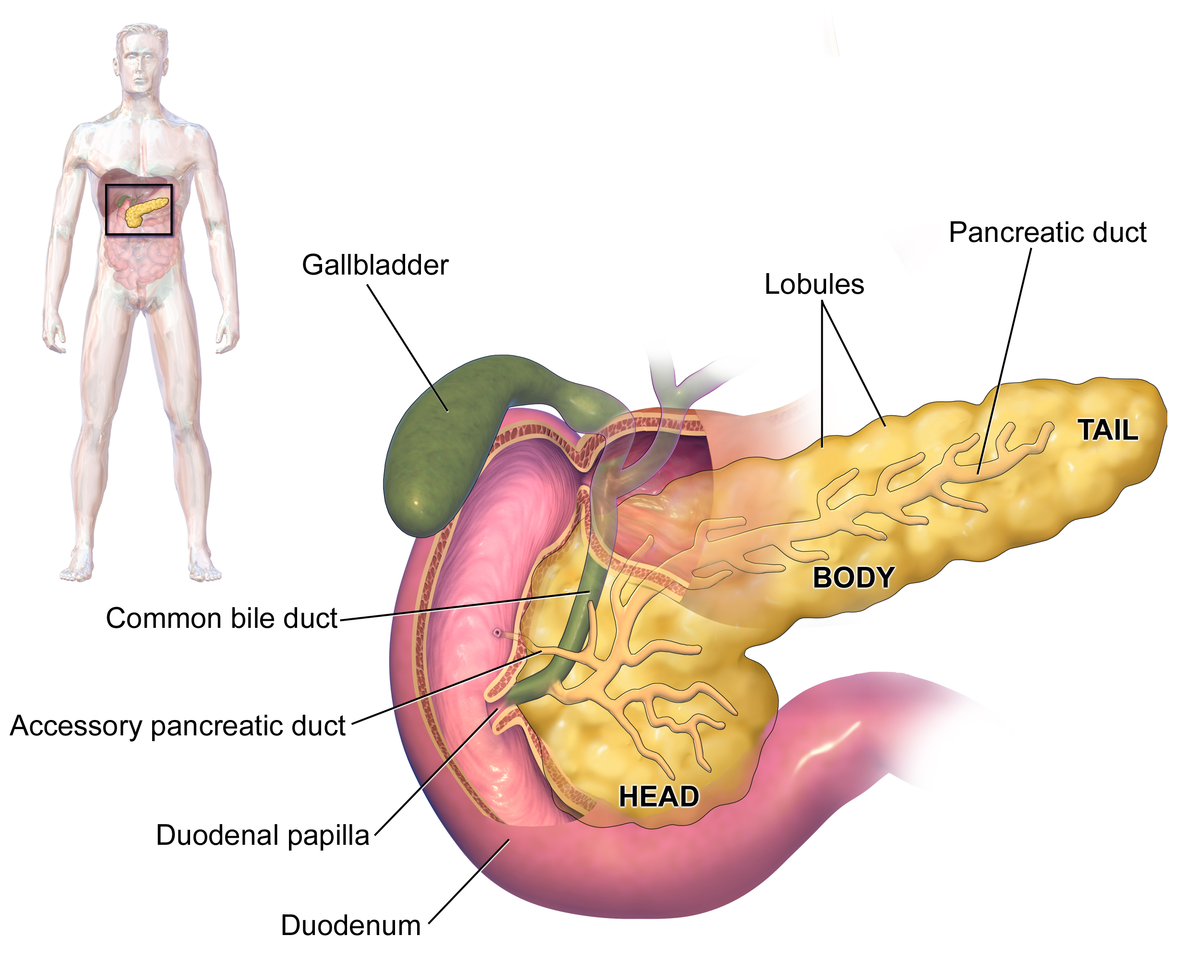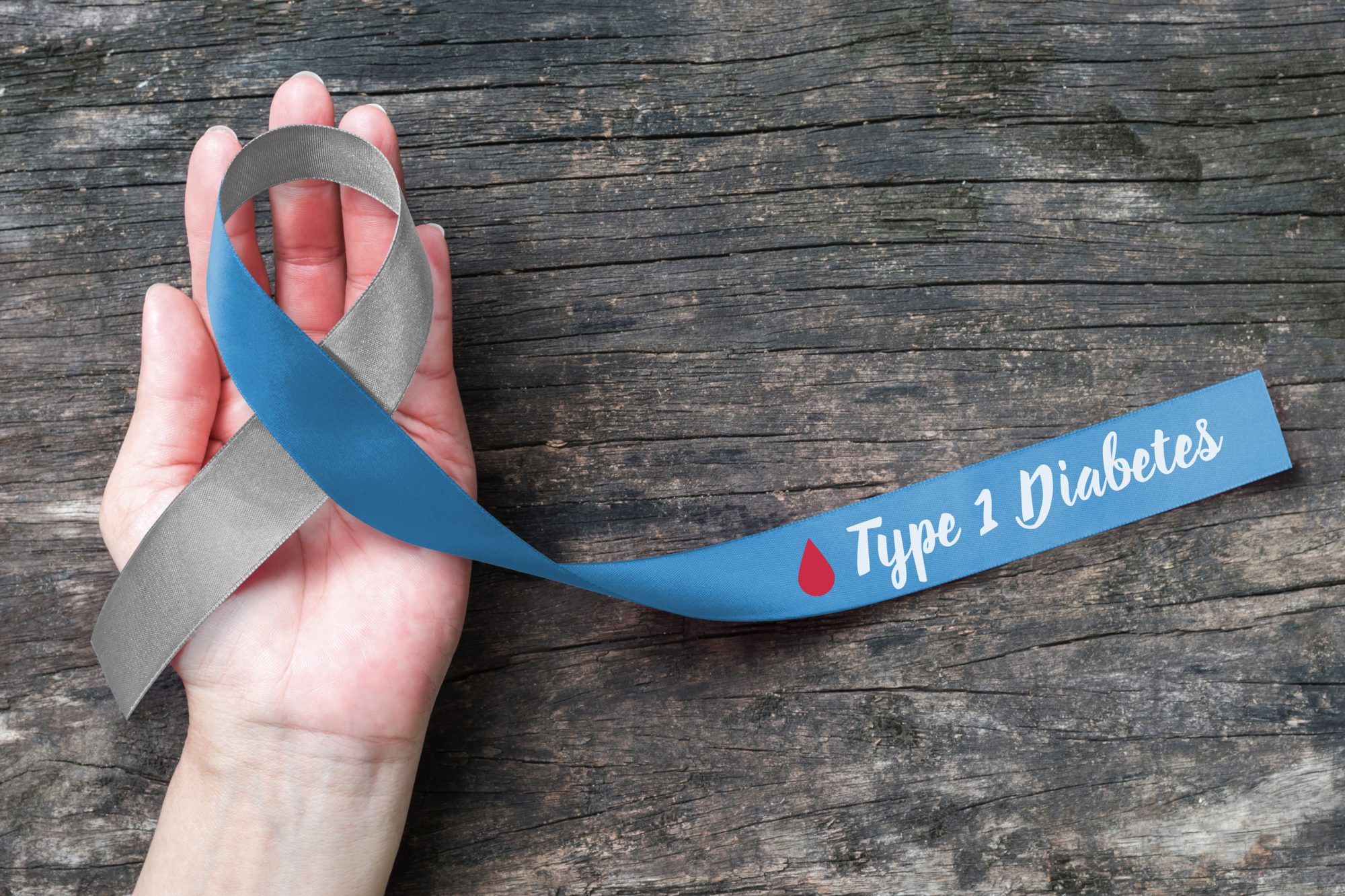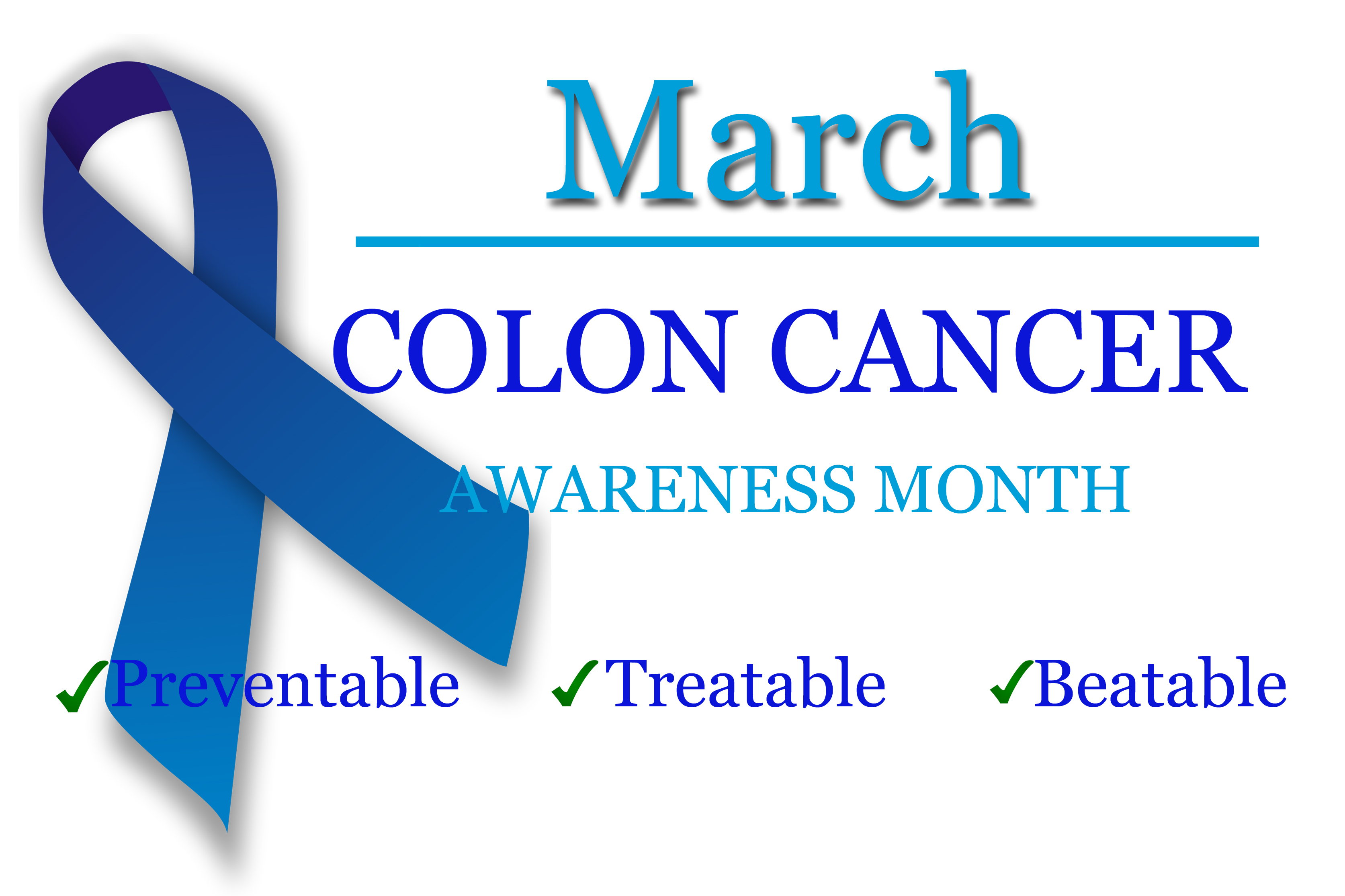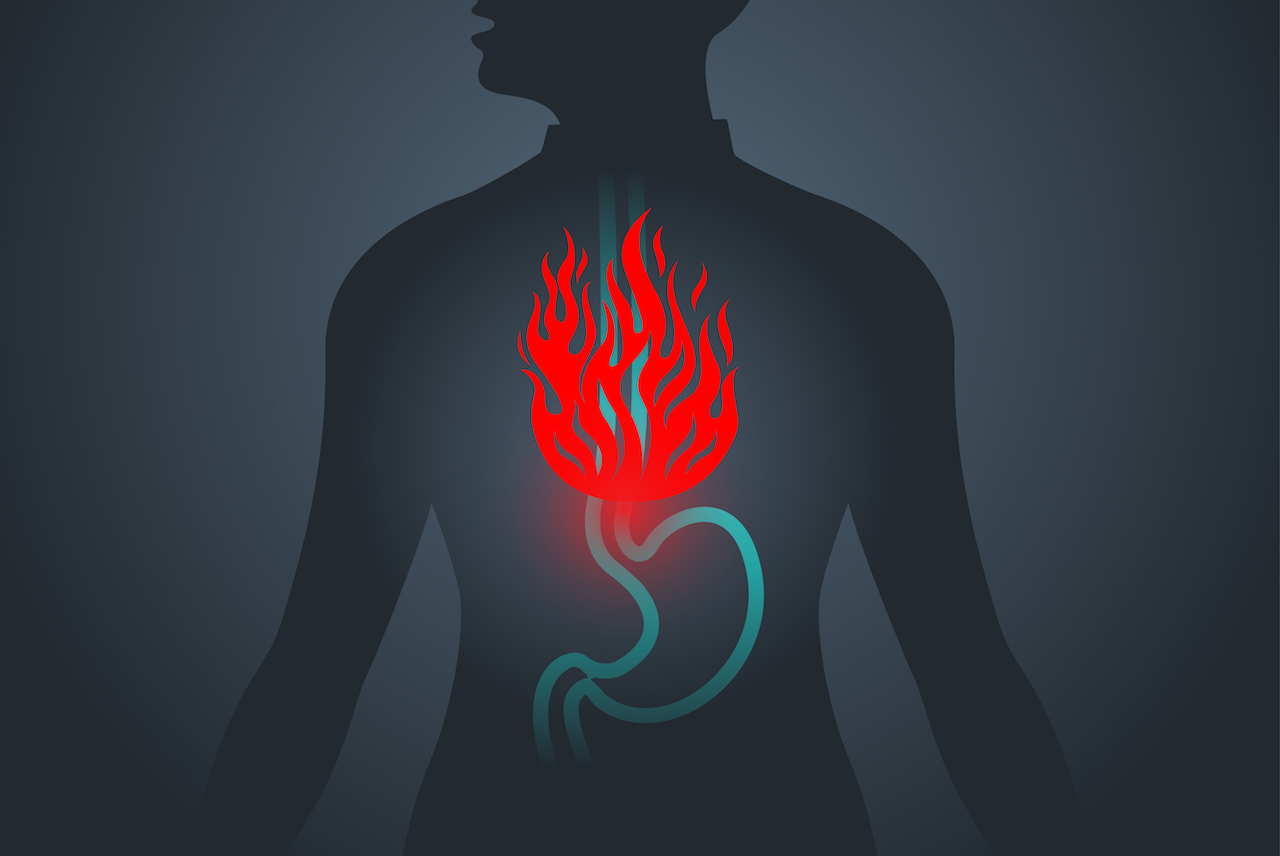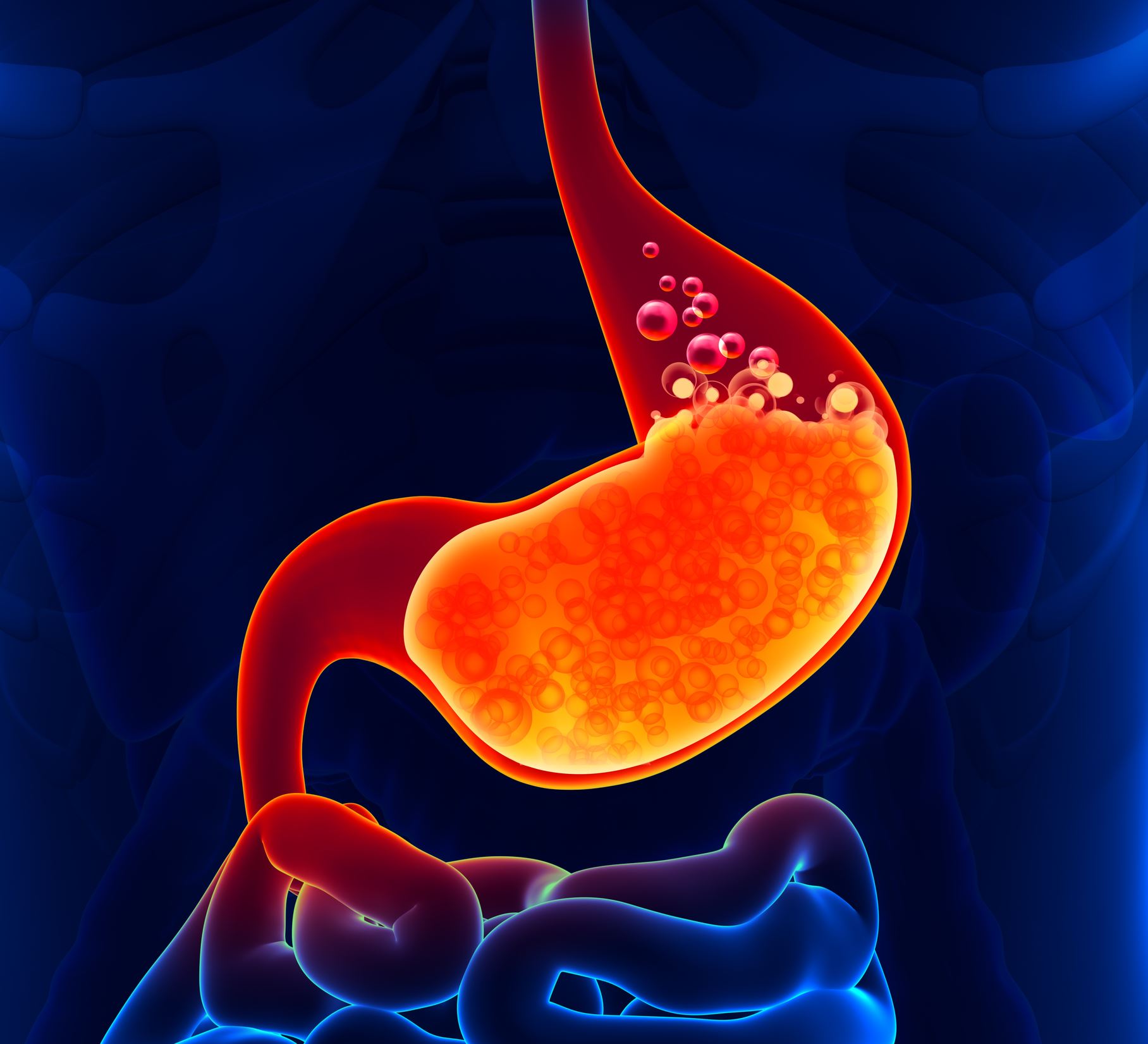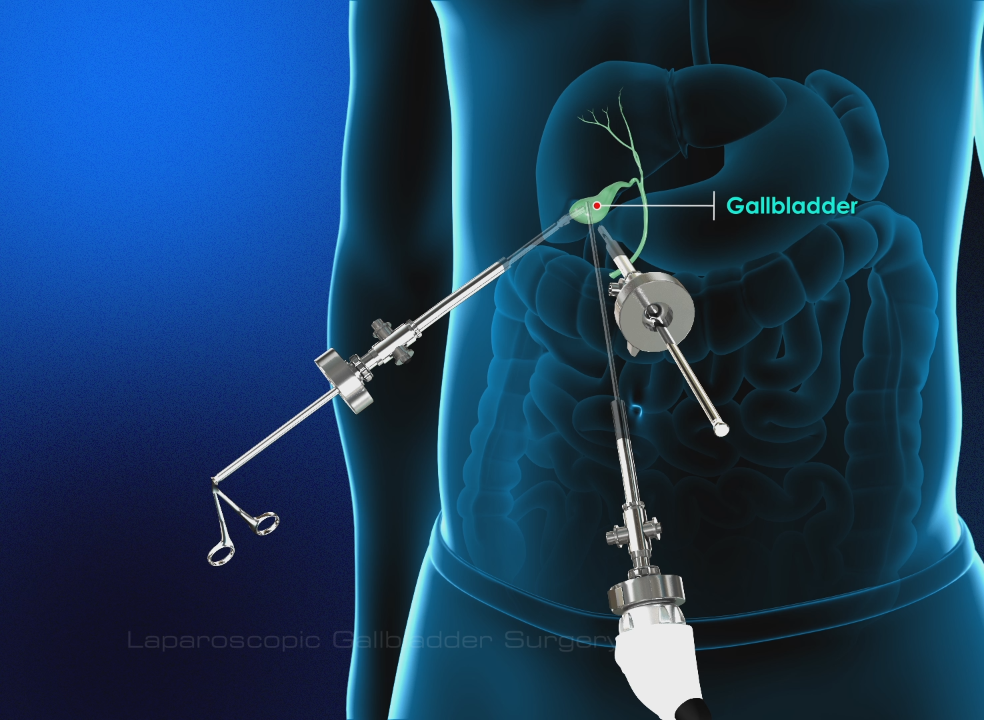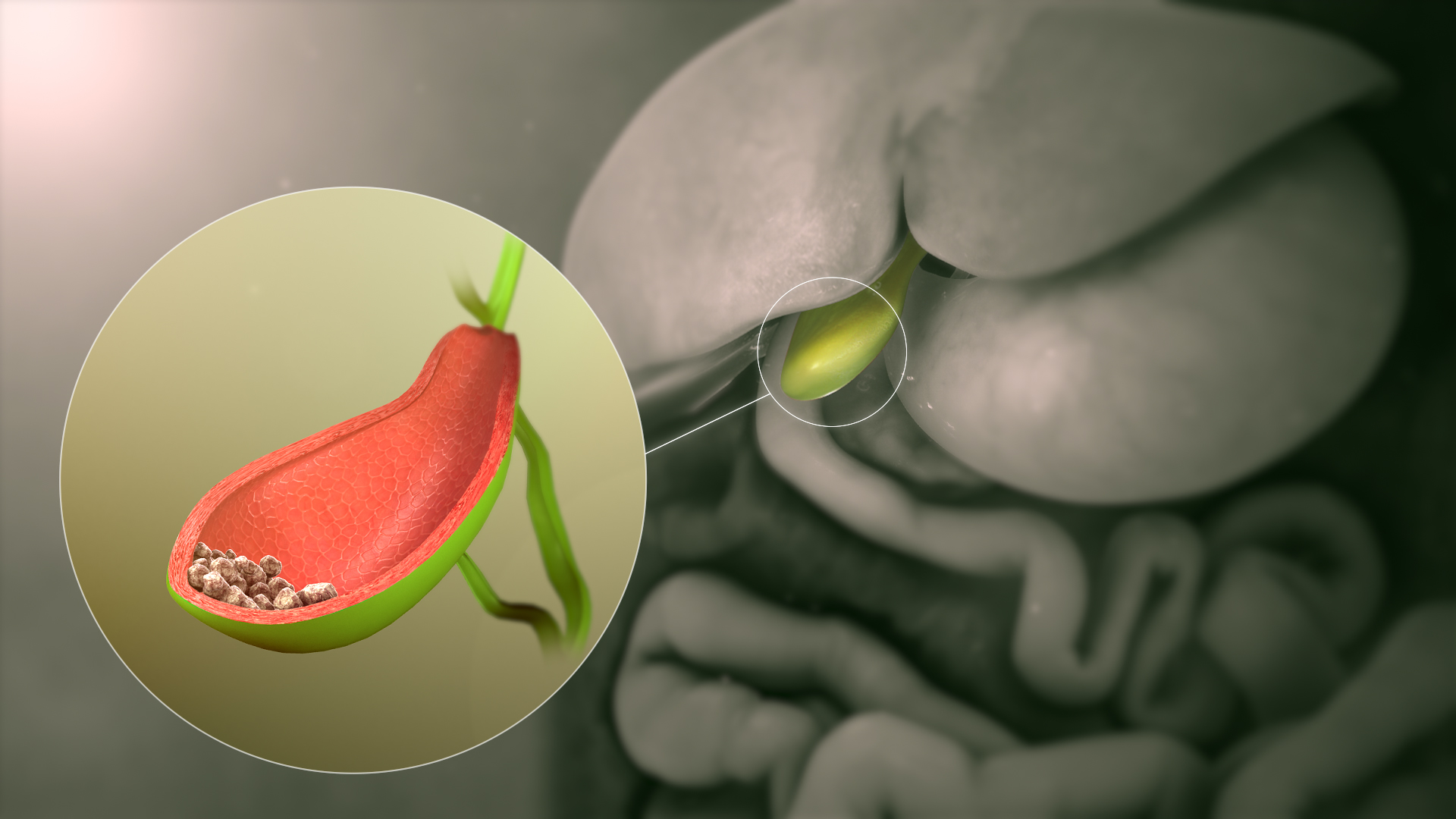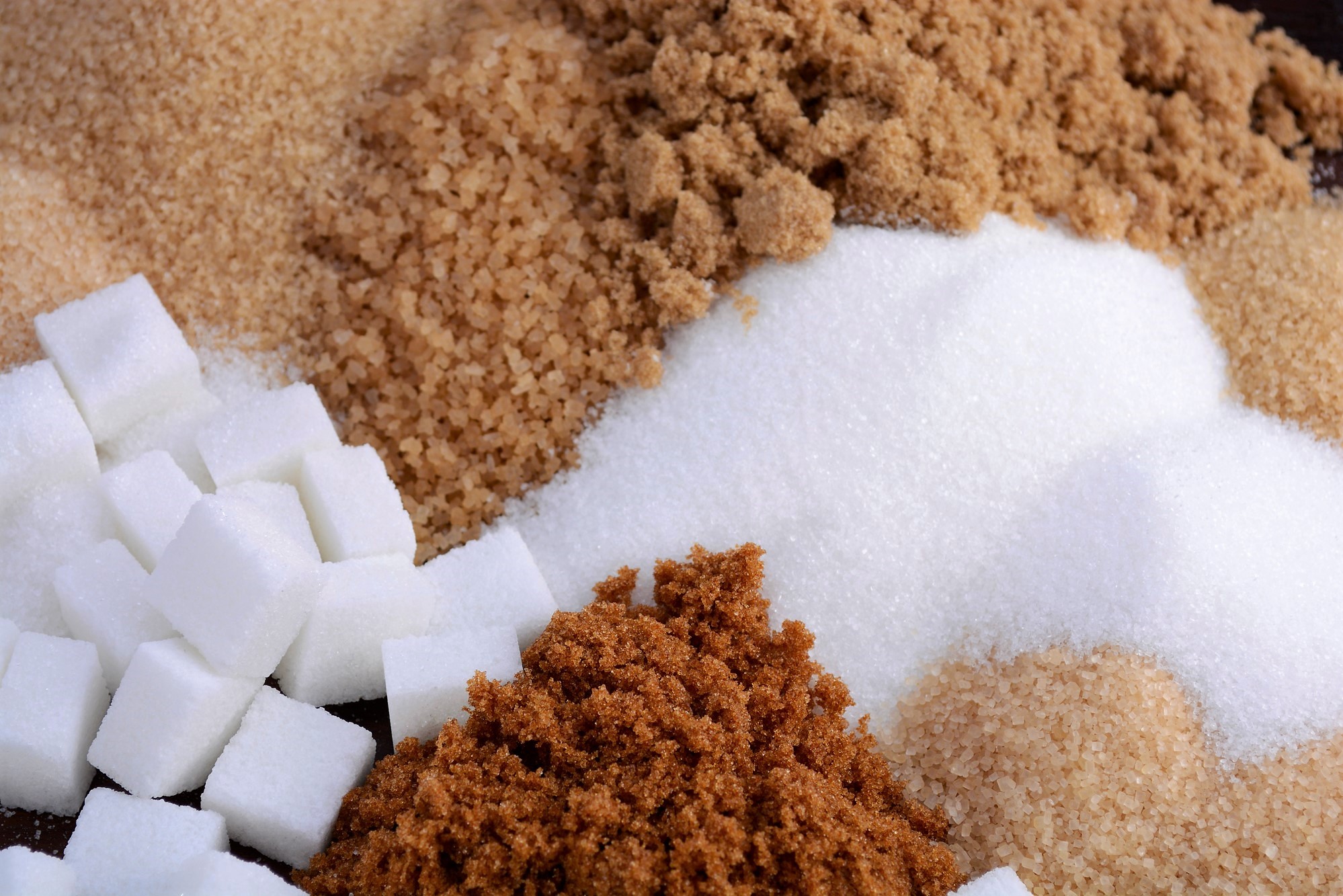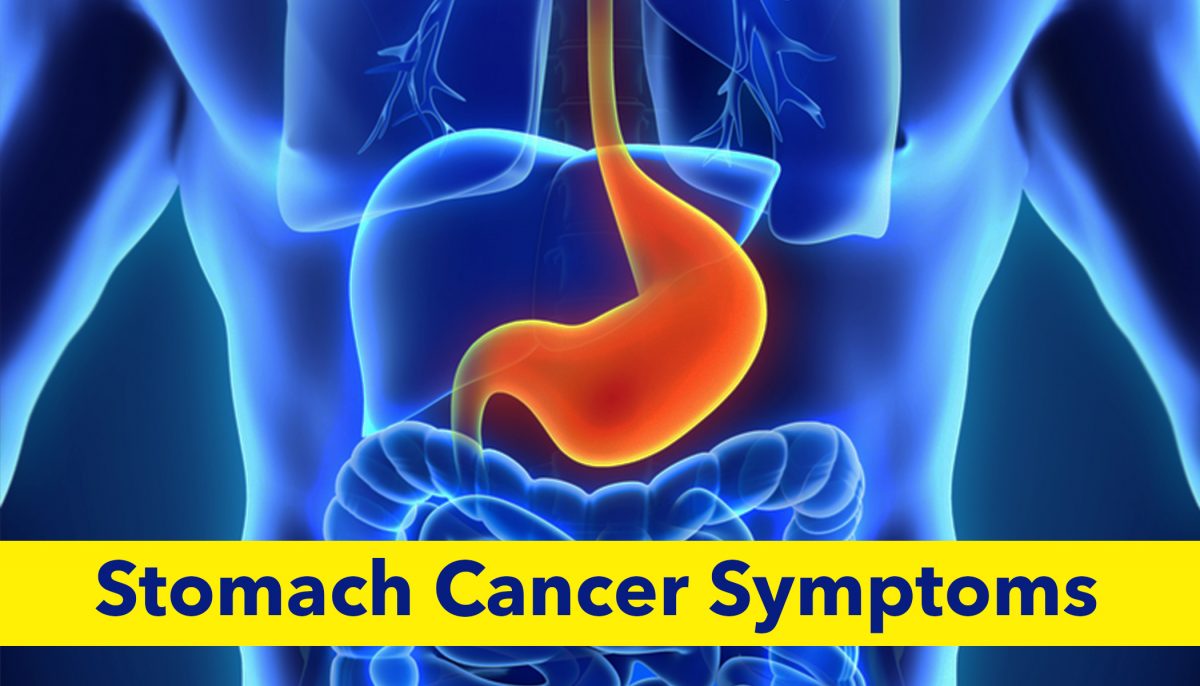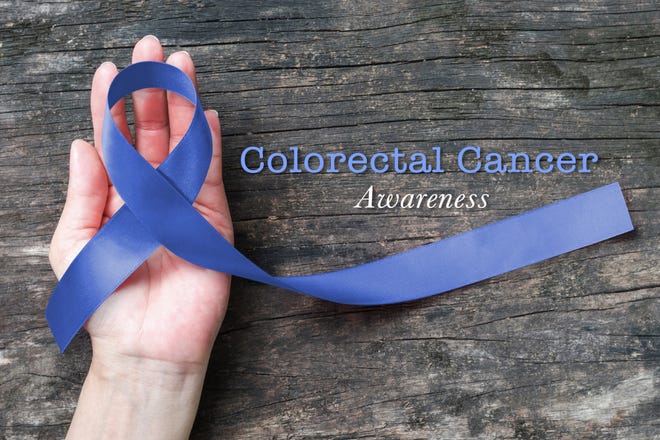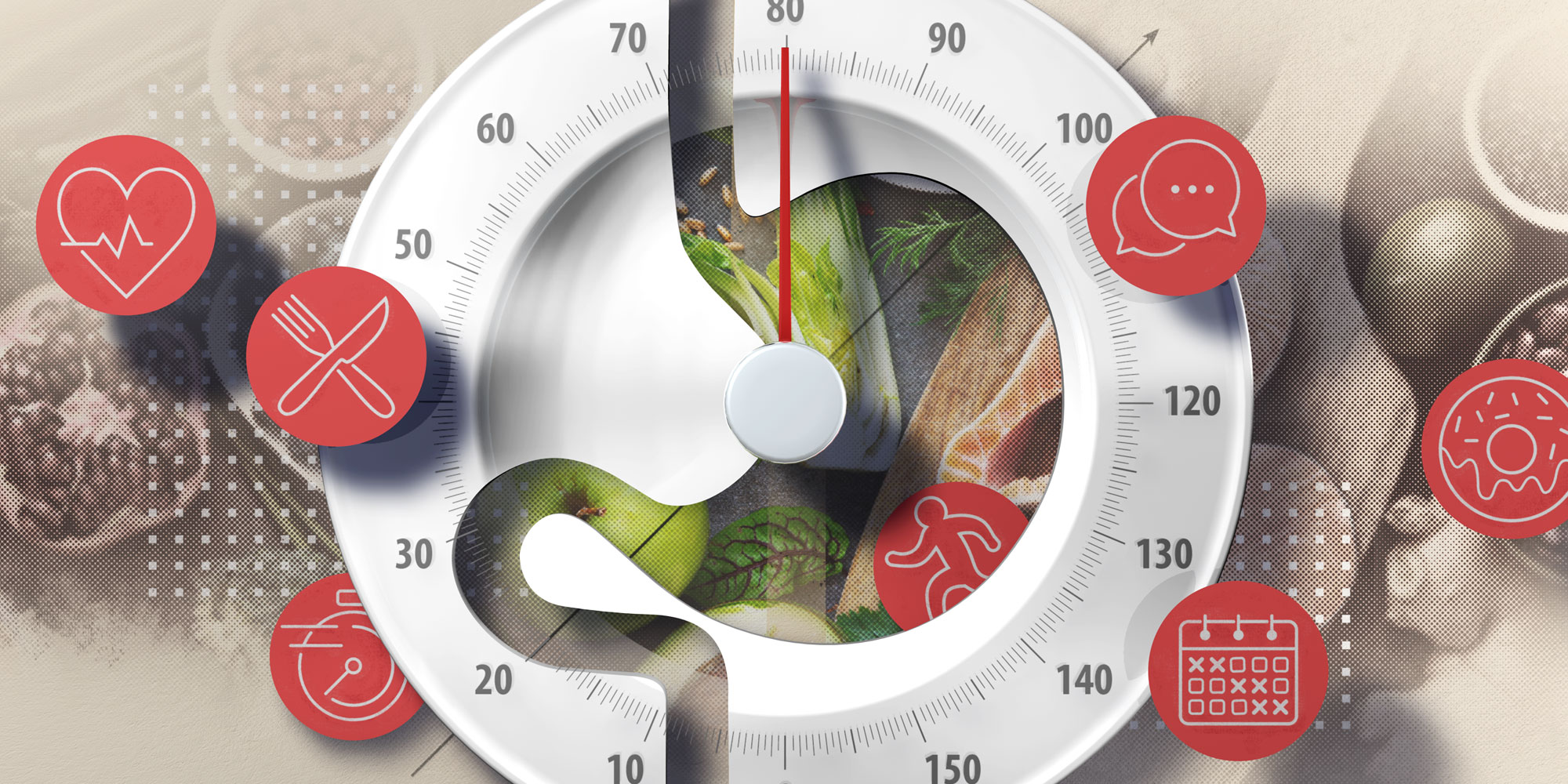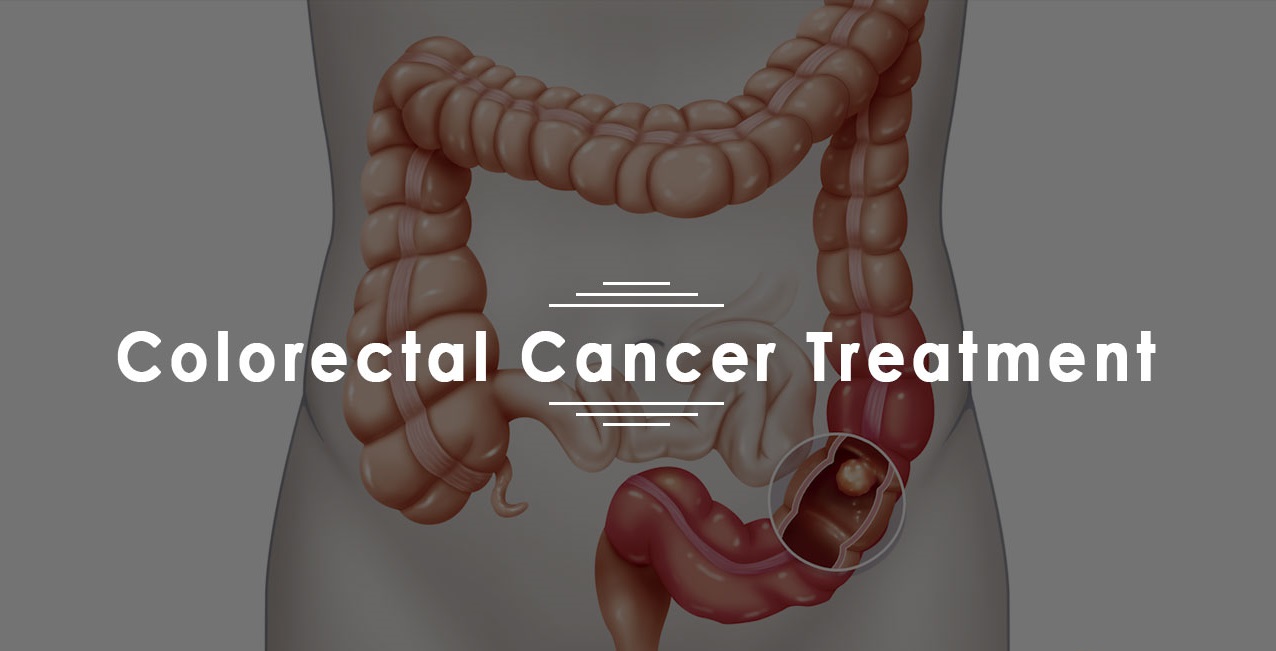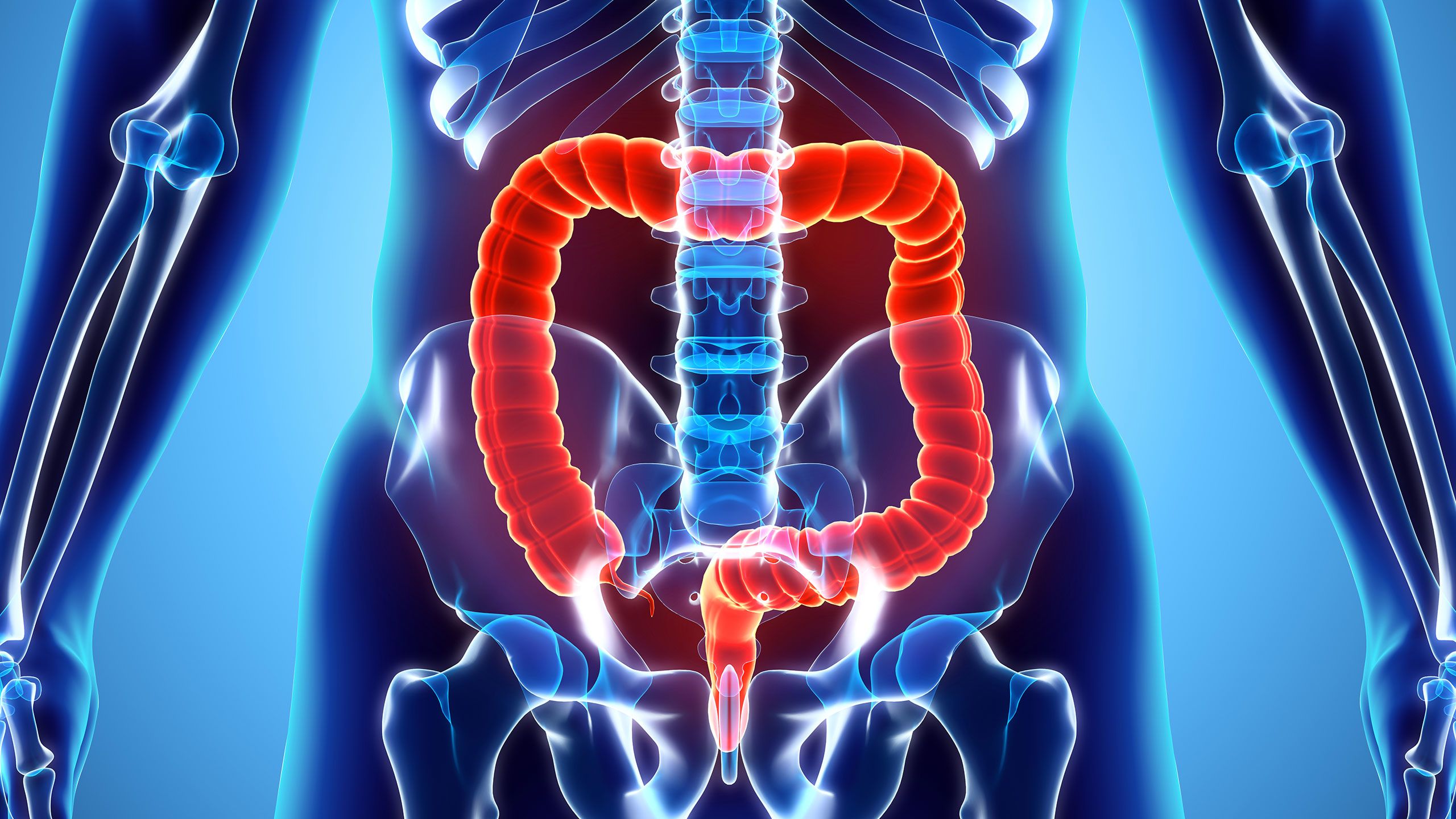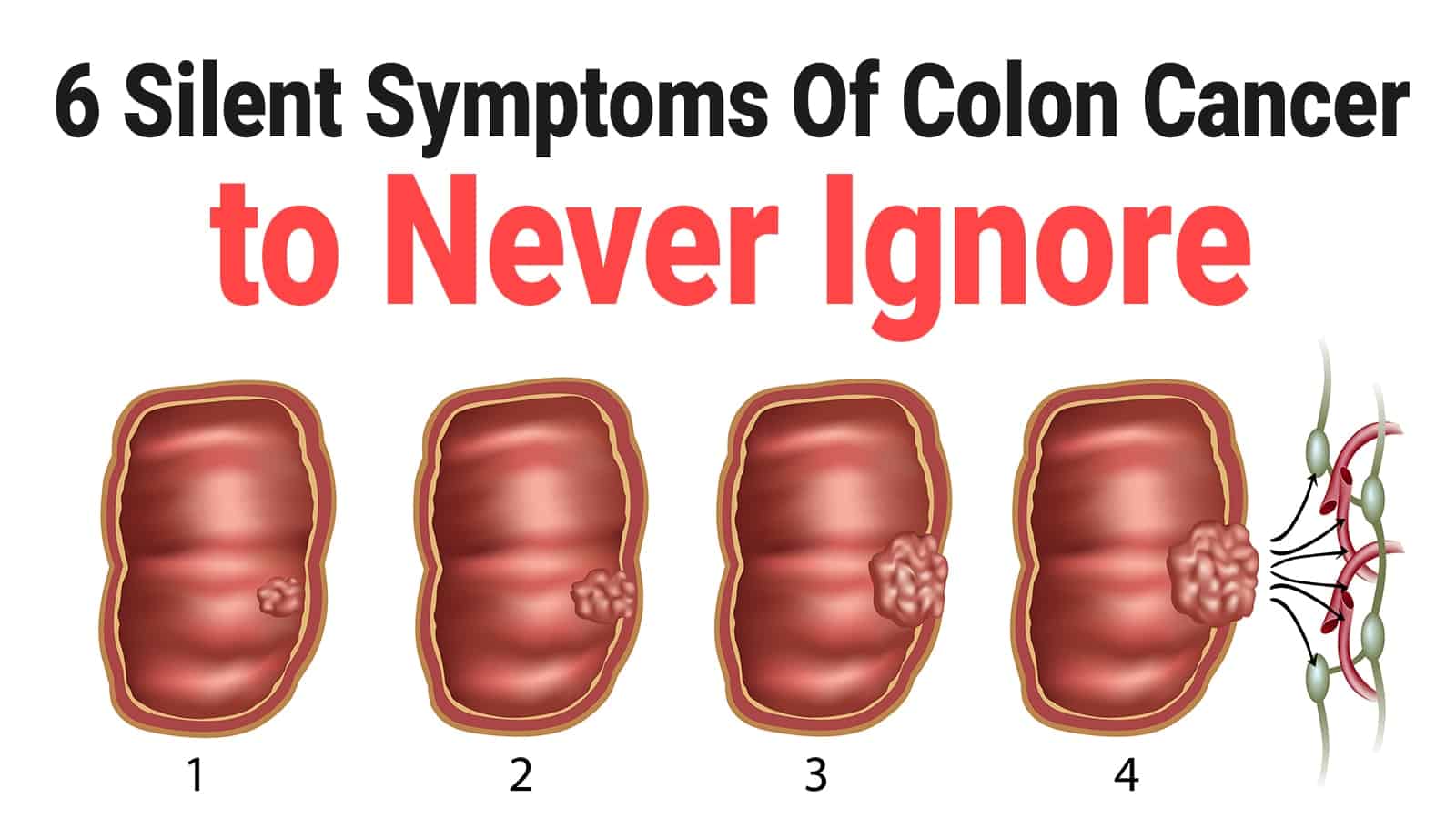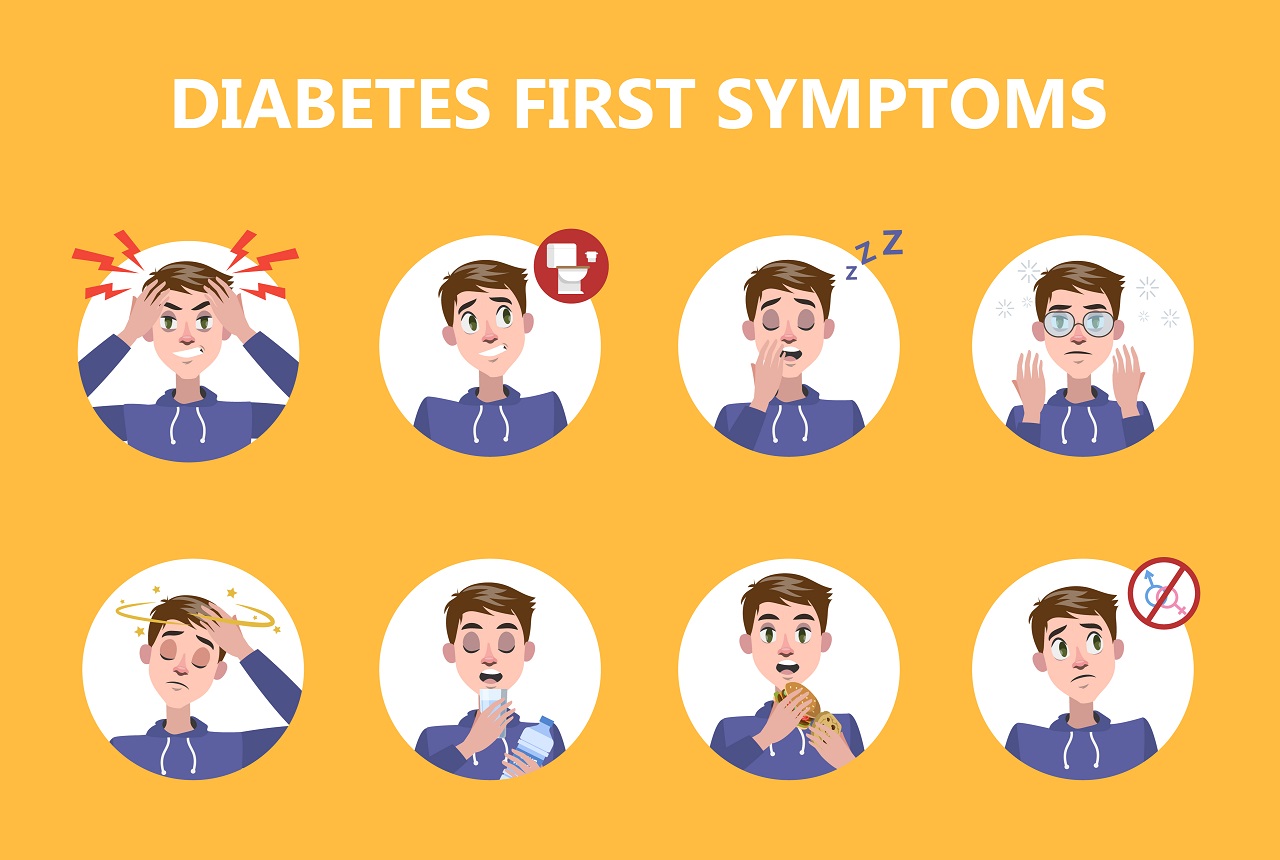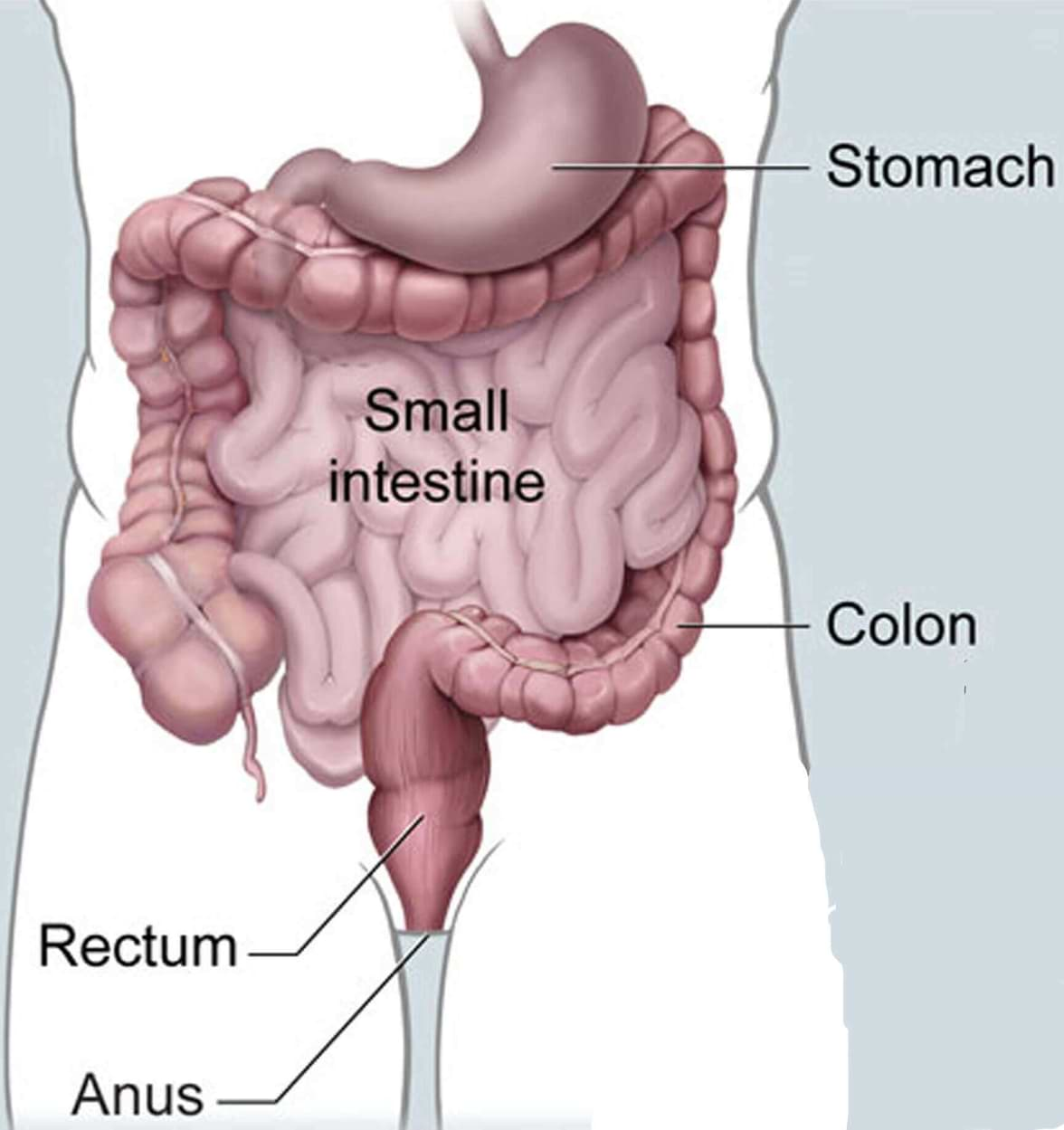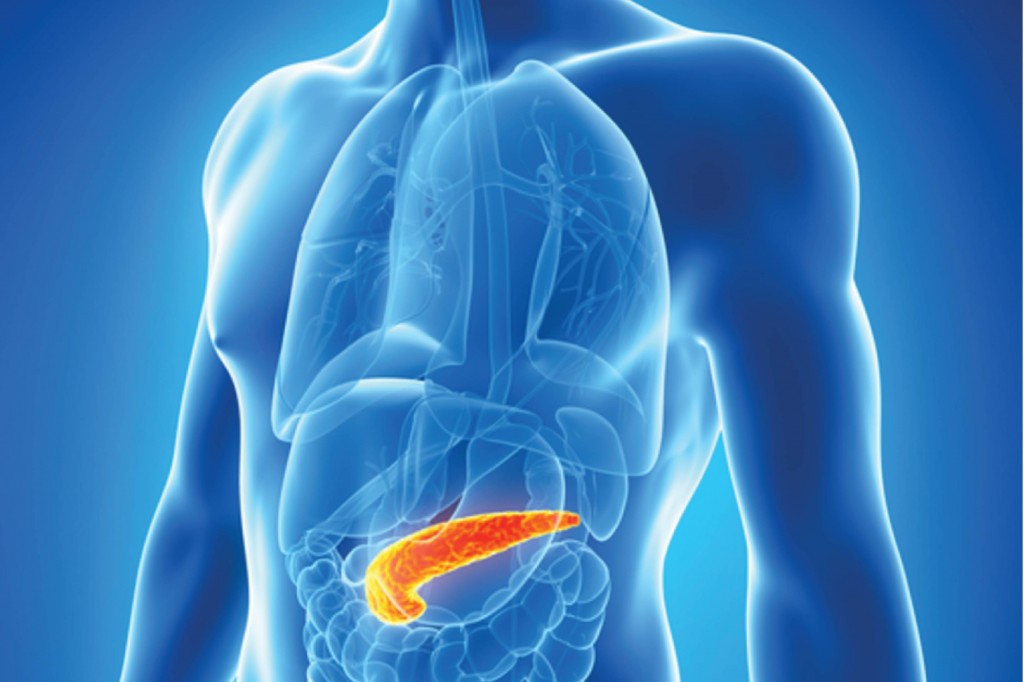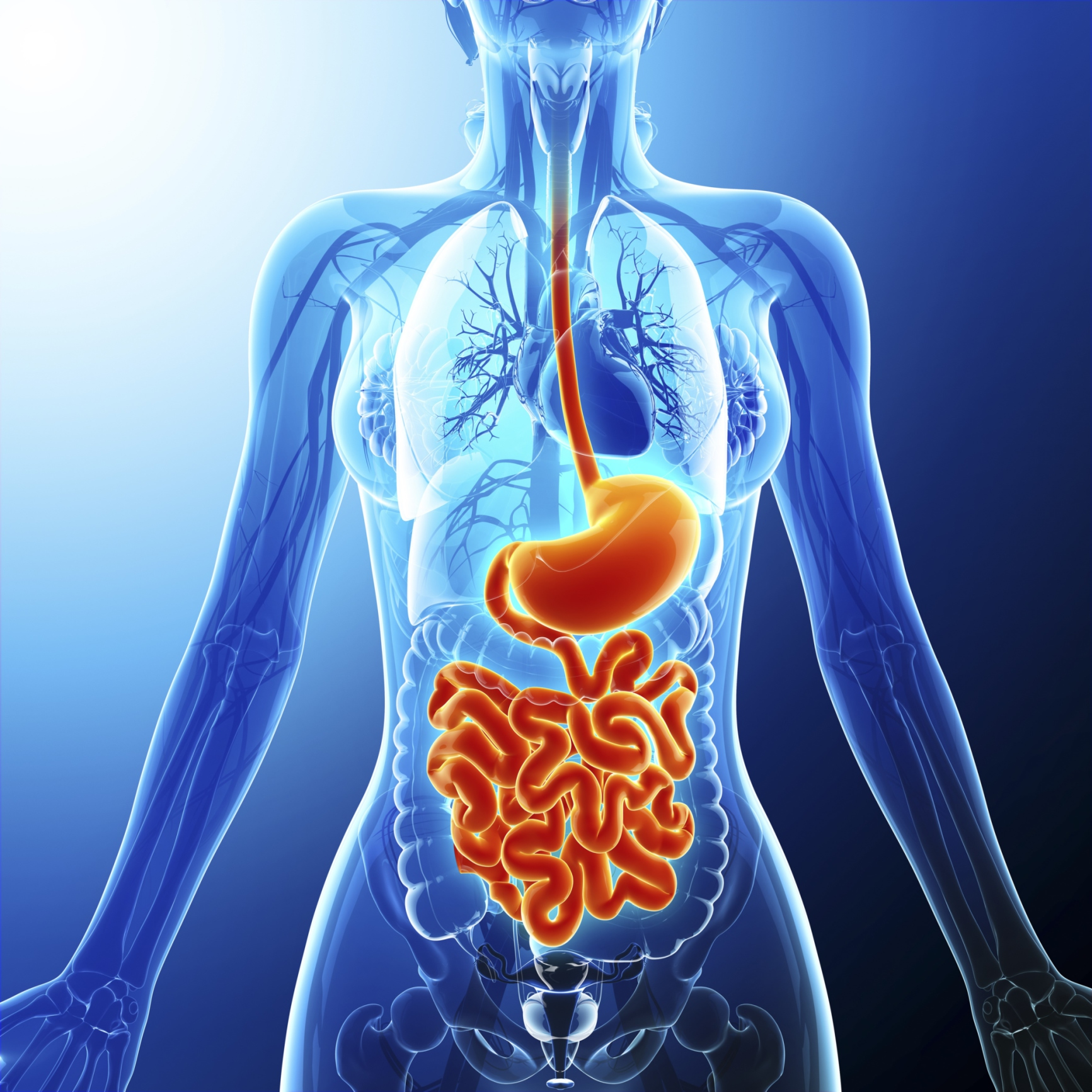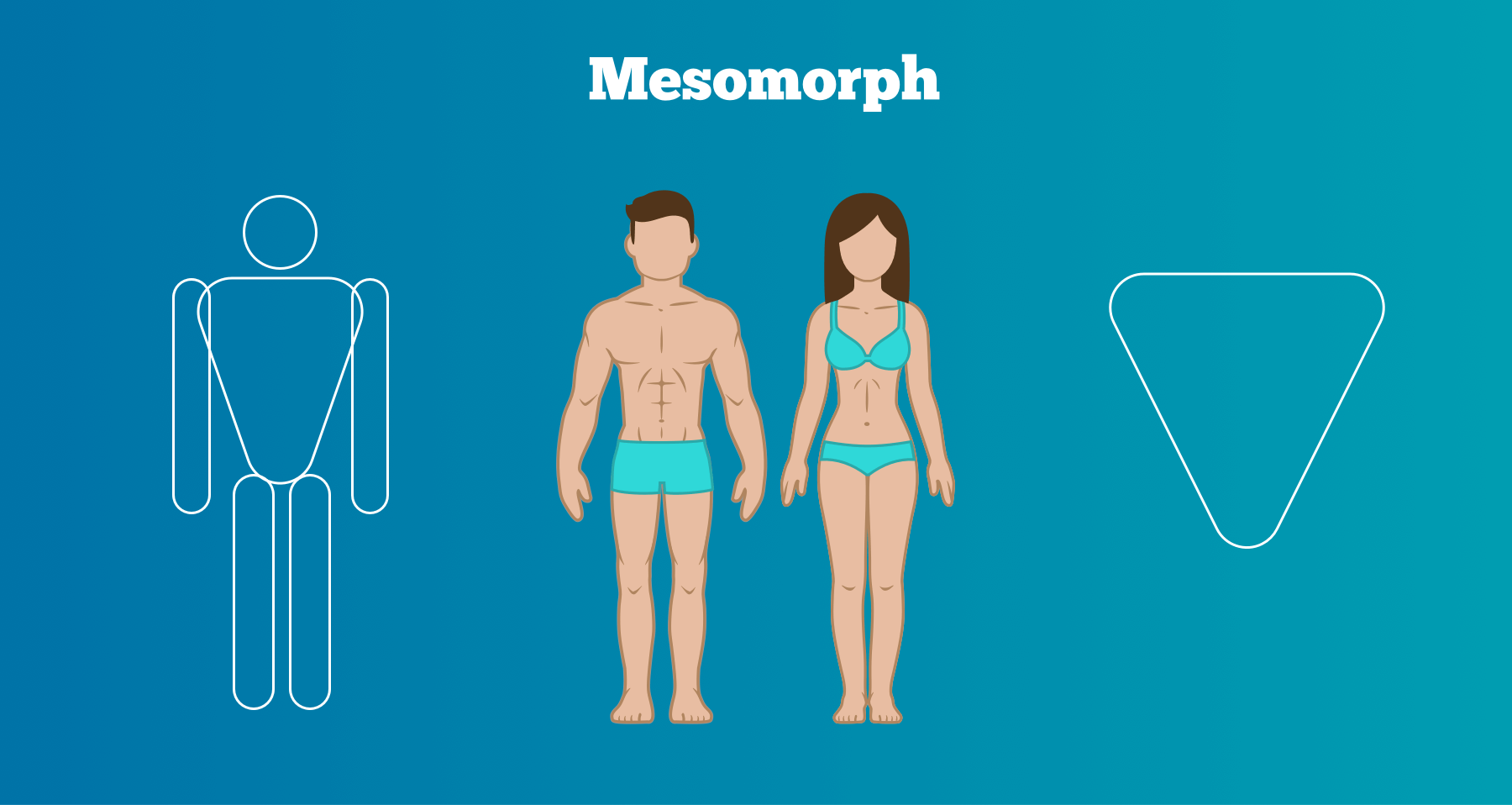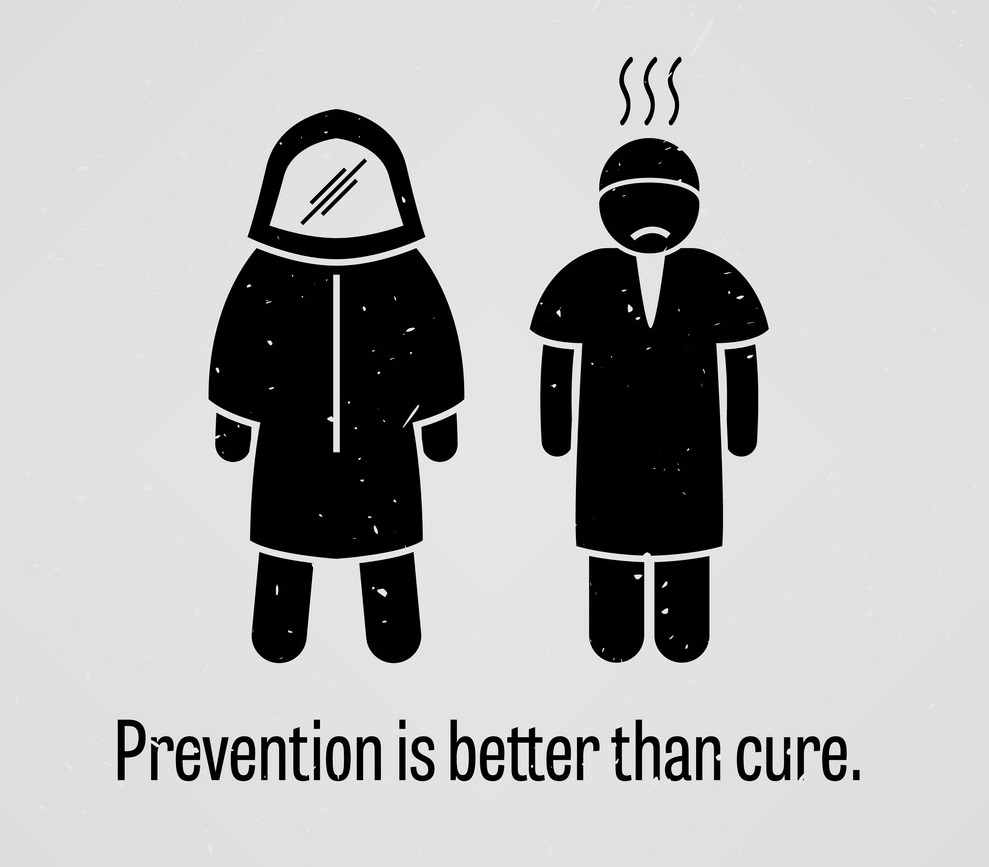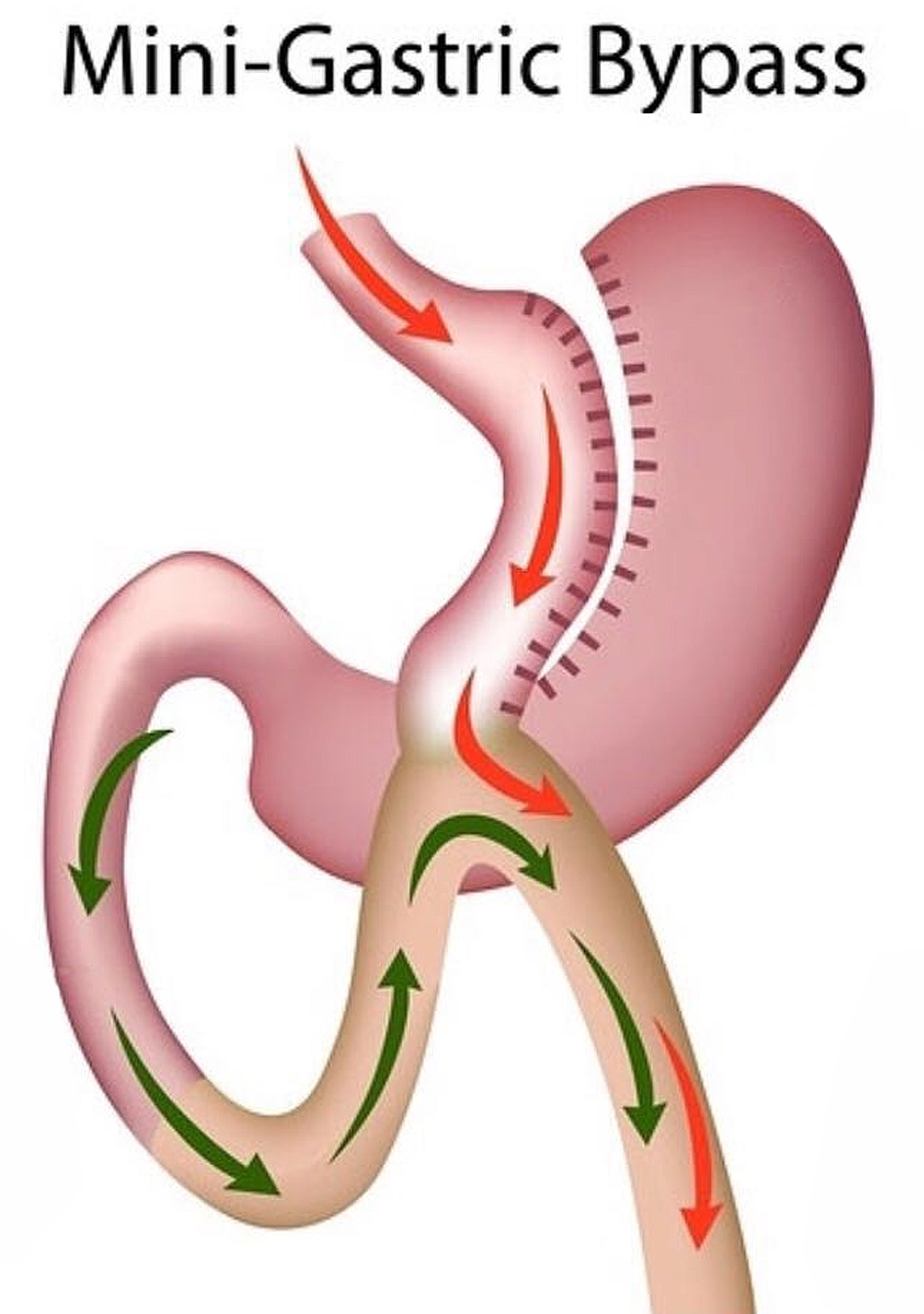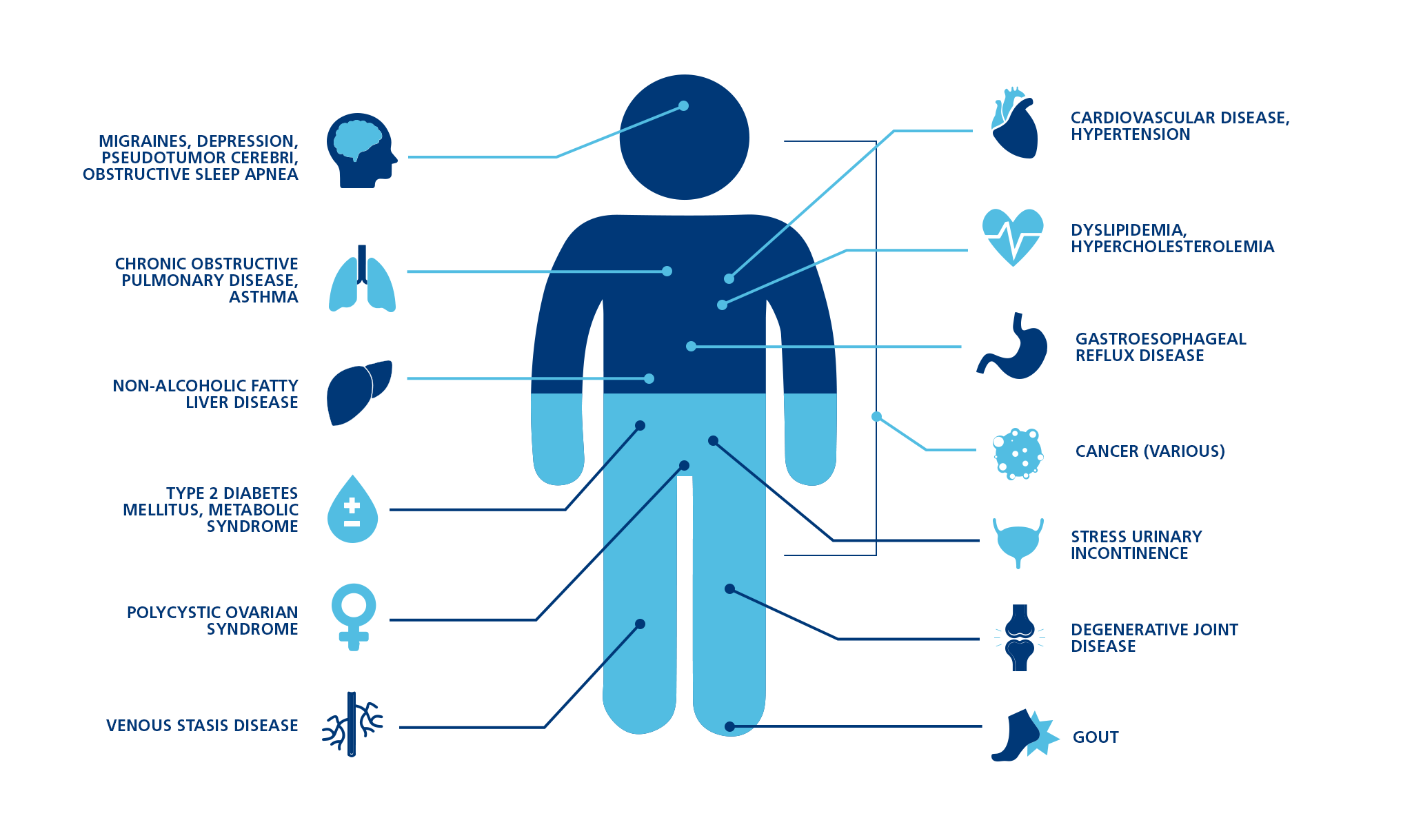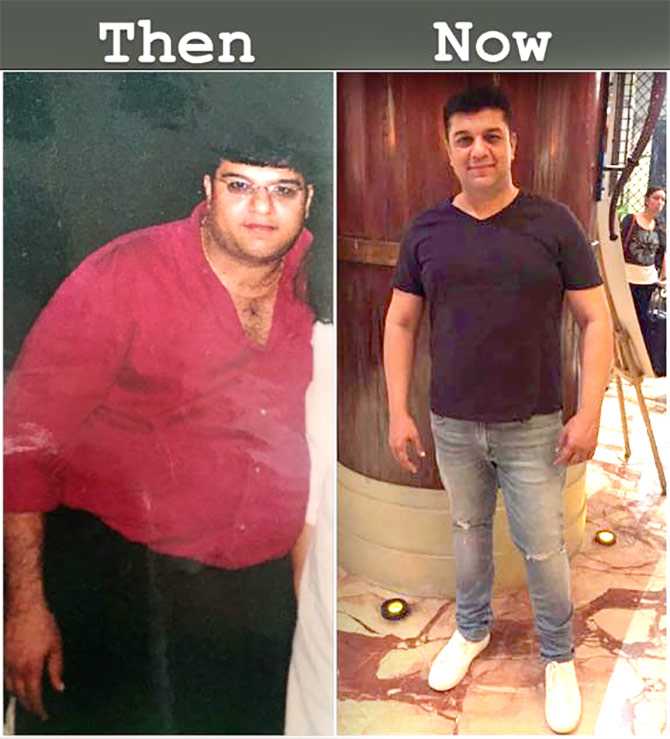Cancer Risk Factors, Cancer causing food, Deep fried Food, street food, unhealthy street food, Cooking oil reuse
Why street foods are said to add to cancer risks
Several researches and studies have suggested that fried street foods are detrimental for health and may lead to cancer. Read on to learn about how and why they are harmful.

Overview
As the famous saying goes- 'You are what you eat'. Your choice of food determines how healthy you will be. Bad diet and insufficient nutrition are the risk factors for several chronic diseases.
When it comes to snacks or street foods, most preferred ones are fried whether it be vada-pavs, samosas, kachoris, namkeen etc. While at home, oil used for frying is not reused multiple times, the same is not the case with street food. The street food vendors often use the same oil to fry multiple times. The common trend amongst the street vendors is to just pour more oil on the residual oil from the previous round of frying. This is precisely what several researchers have been warning against.
Once the cooking oil is heated, it undergoes thermal degradation leading to the formation of free radicals (uncharged oxygen molecules) which cause oxidative stress that in turn cause destruction at the cellular and molecular levels in the body. The damage caused by free radicals is devastating for the body.
Studies backing the claim
One of the studies published in 2019 in the journal, “Cancer Prevention Research”, showed how reusing cooking oil is detrimental to health and increased risk of colon cancer and colitis. (Source)
According to the paper, the researchers had stated that there was exacerbated inflammation in the colon (a part of the large intestine), increased tumor size, increased gut leakage and surge in bacterial infection when they fed fried oil to mice. The researchers additionally caution people suffering from exacerbated colon inflammation and colon cancer to keep away from deep-fried foods.
For the experiment, the researchers provided a combination of frying oil with fresh oil (unheated oil) mixed with the powdered diet to one group of mice. For another group, they provided a powdered diet mixed with only fresh oil. They tried to copy a normal human being’s diet with the mice population. The result indicated that the mice group that was fed with a combination of frying oil mixed with fresh oil showed aggravated inflammatory symptoms of the intestines.
Even before this paper, another study was published in 2016. Two Indian researchers Rekhadevi Perumalla Venkata and Rajagopal Subramanyam wrote a paper on 'Evaluation of the deleterious health effects of consumption of repeatedly heated vegetable oil' that was published in a peer-reviewed journal, 'Toxicology Reports'. The paper says, 48% of people consume fried food 1-6 times a week and snacks account for 21% of all meals with the major type of snacks that are consumed constituting shallow and deep-fried foods. Repeated heating of oils at high temperatures (160–190°C) changes the viscosity, colour, foaming and decreases the smoke point (a temperature after which oil begins to generate toxic fumes and free radicals with gaseous vapours which is a marker of oil decomposition), thereby making it damaging for human health. These decomposed oils or fats are a risk factor for mutation and alteration in the gene which can initiate cancer spread. (Source)
Another study was published in 2019 in the journal of the American Association for Cancer Research conducted by the scientists of the University of Illinois. They conducted a study using a late-stage breast cancer murine model and in vivo bioluminescent imaging to monitor the progression of metastasis of 4T1 tumor cells ( 4T1 mammary carcinoma) in animals consuming fresh soybean oil and a thermally abused frying oil. They said that by choosing oils with a high smoke point, preparing food for minimal contamination of the oil and straining the oil to get out any food particles left over, one could reuse most oils as long as they were properly stored. But the risk of diseases due to trans fats and the ones enumerated in the study could not be overlooked. "There were twice as many tumours in the lung, and they were more aggressive and invasive," said the lead researcher. In this study, the bioluminescent and histologic examinations demonstrated that consumption of thermally abused frying oil resulted in a significant increase of metastatic lung tumour formation in comparison to fresh soyabean oil. Furthermore, the reused cooking oil also increased the expression of Ki-67 marker of cellular proliferation and a dietary-induced modulation of the gene expression in the liver.
Even though we don’t consume the fried oil directly, it is consumed through the food that is fried in it.
Breast cancer survivors' biggest fear is a recurrence, and the majority of these survivors have dormant tumour cells circulating in their blood.
"What wakes those cells up is anybody's guess, but I'm convinced that diet activates them and creates an environment in different tissues that are more fertile for them to grow," lead researcher said.
We are well aware of the connection between deep-fried food, obesity, and heart disease. The deep fried food items in the restaurants are cooked at a very high temperature and then the remnant oil is reused. This is detrimental for human health in the long terms. The major chemical changes are the formation of oxidized triacylglycerides and carcinogens like acrylamide which is well known for its contribution in activating cancer-causing genes. (Source)
Bottomline
When oil is heated up again and again, it releases cancer causing compounds. The number of free radicals is higher in oil heated three times than oil heated just once. So, we must be careful while consuming any kind of fried food item. Next time before eating those fried foods just pause and think about where and how it was cooked.

